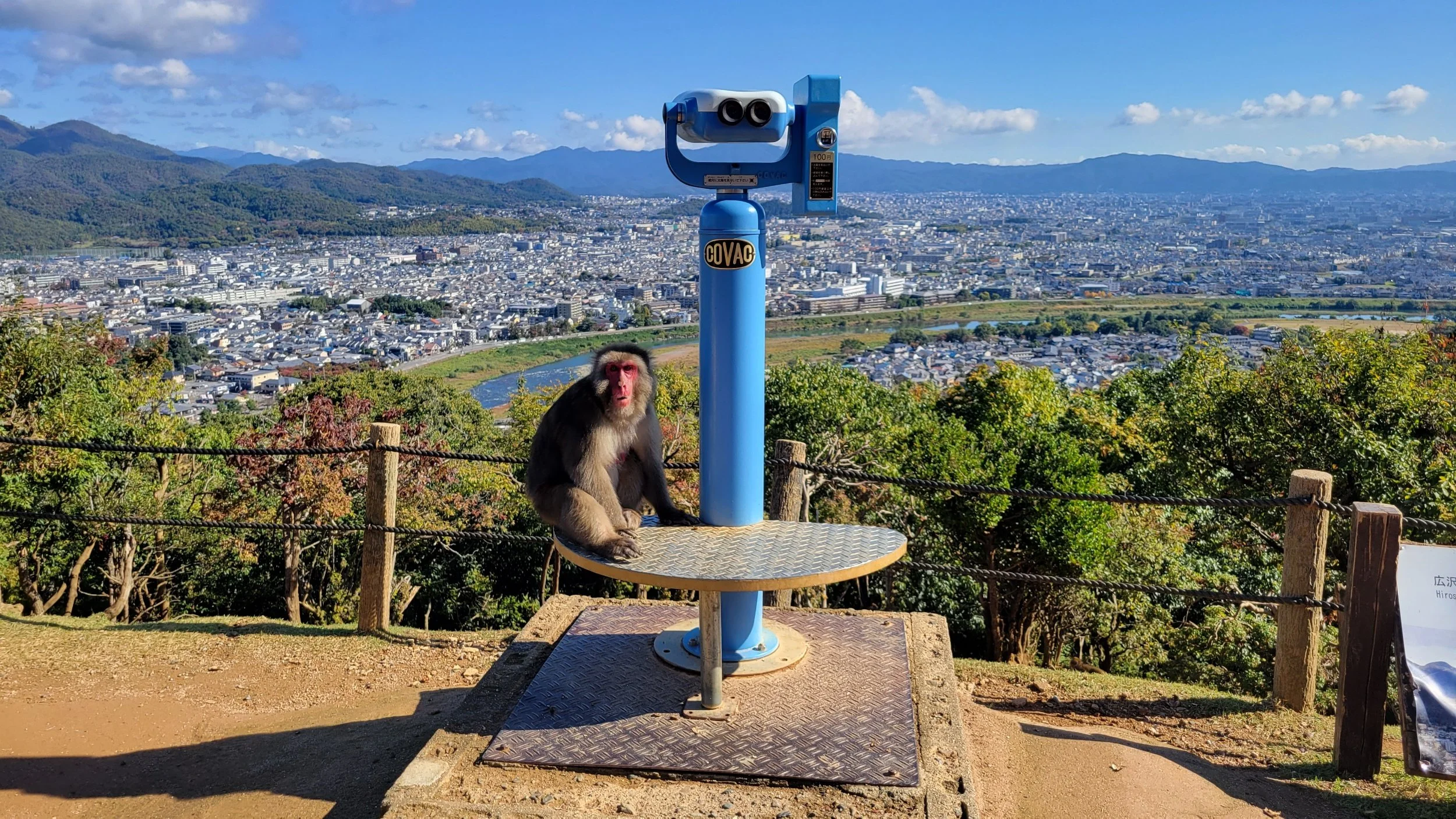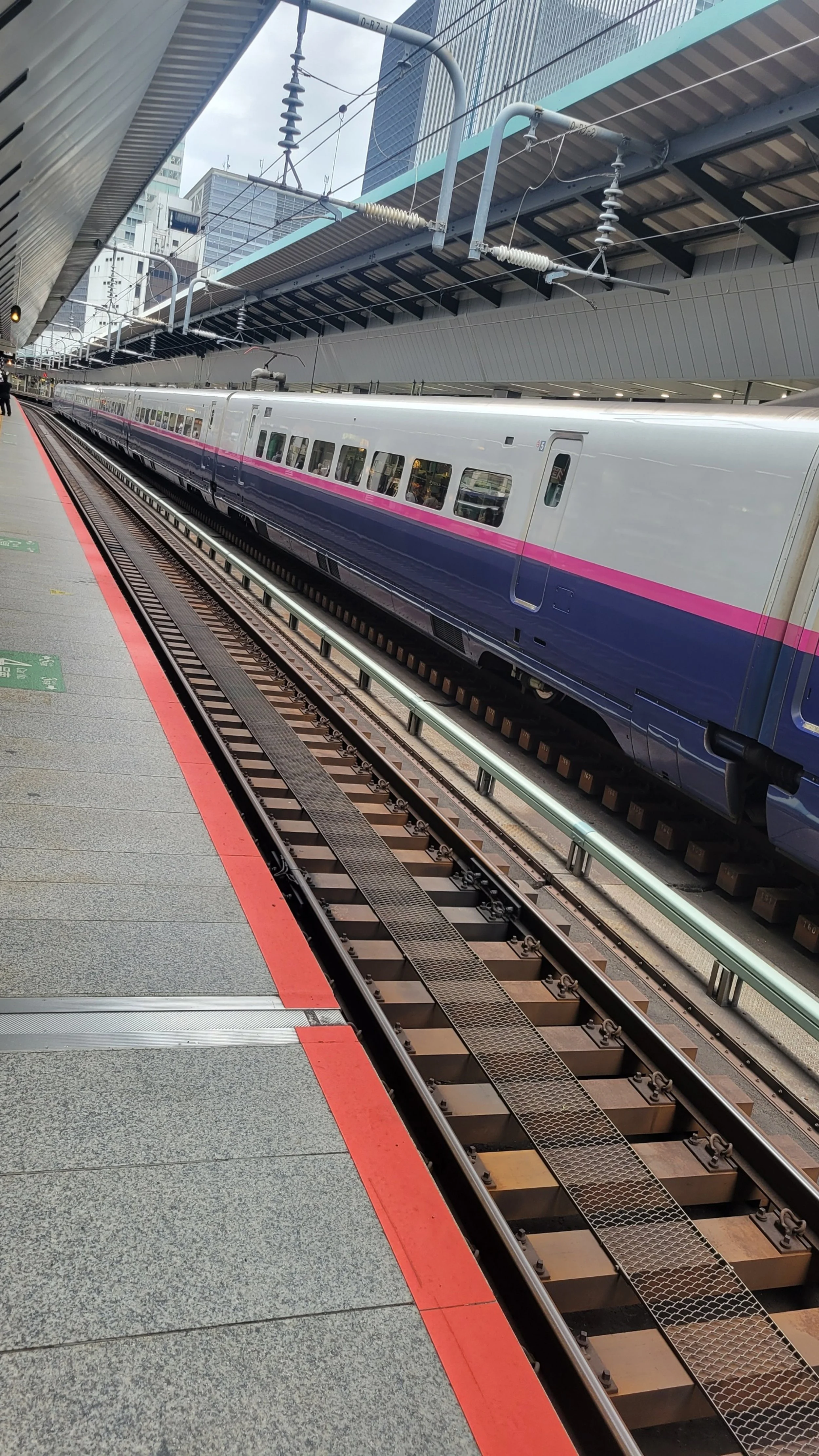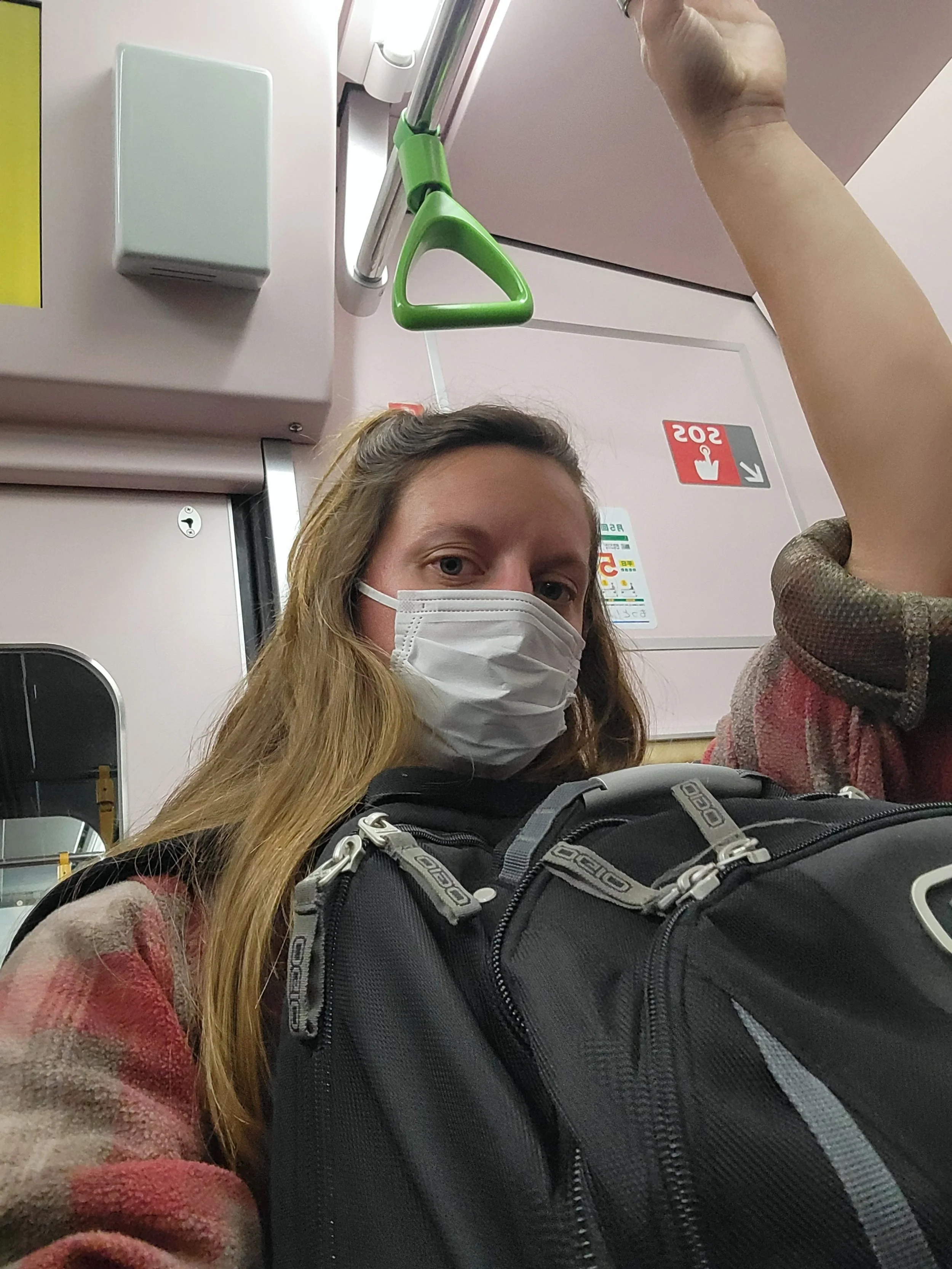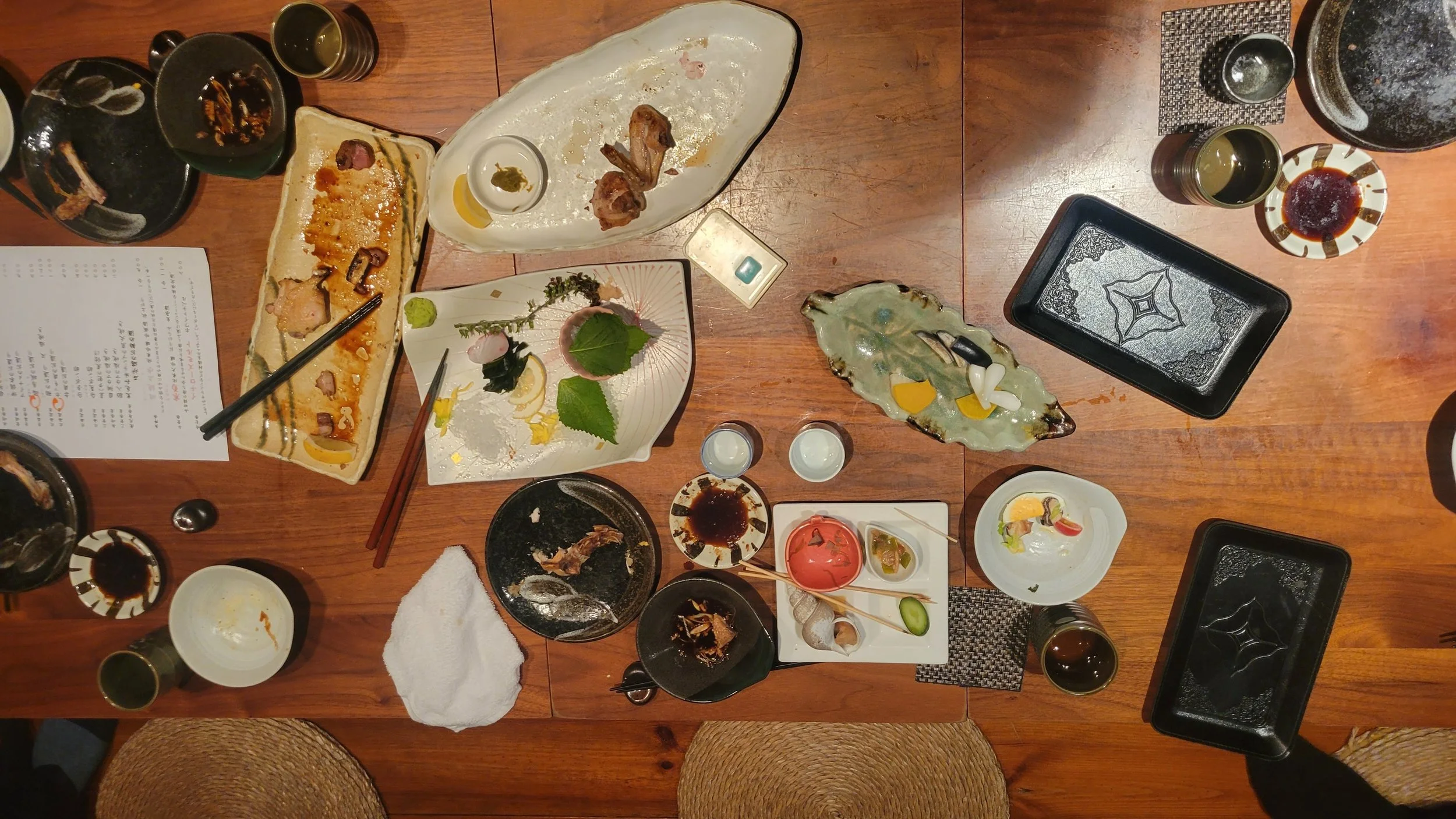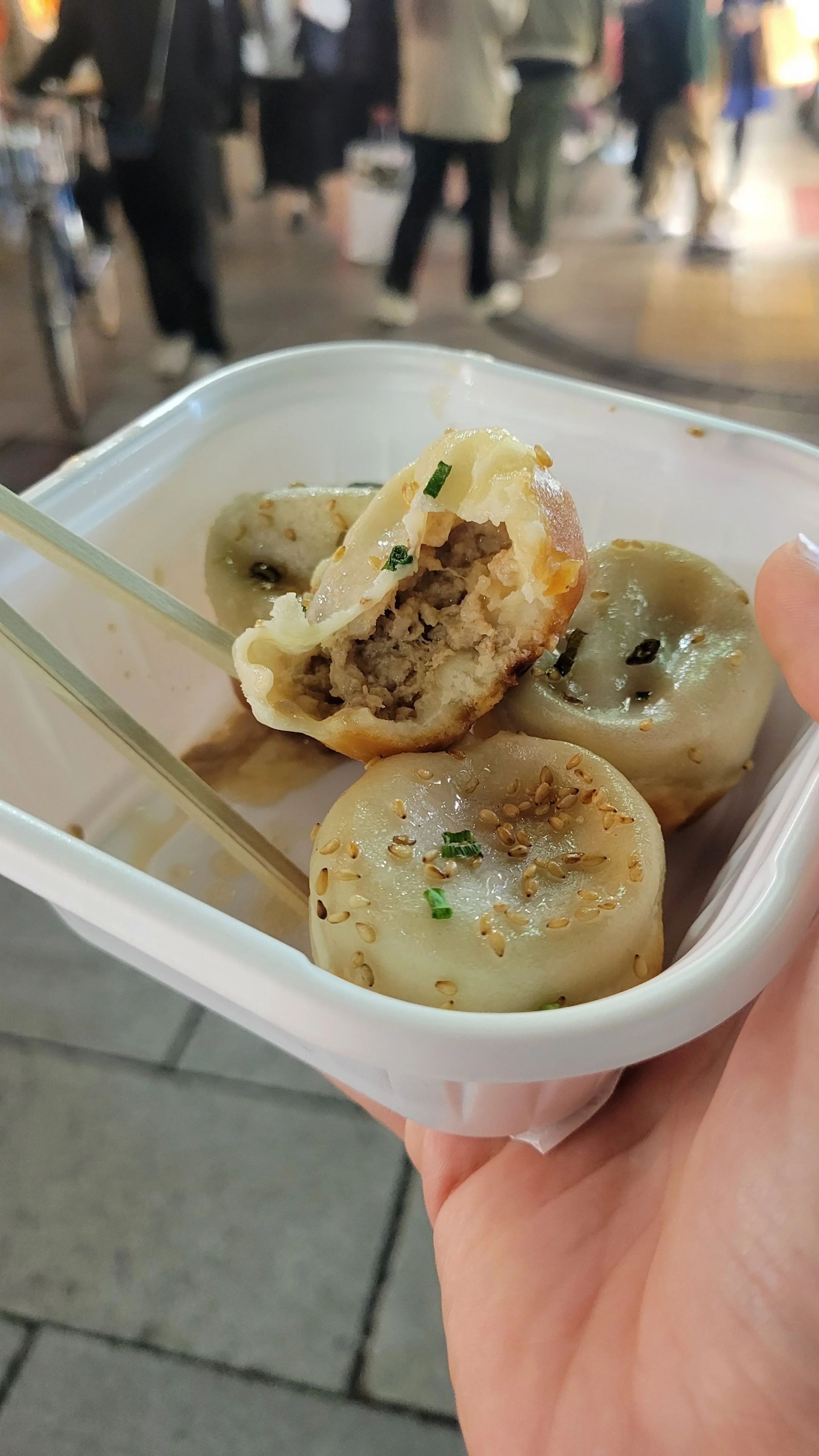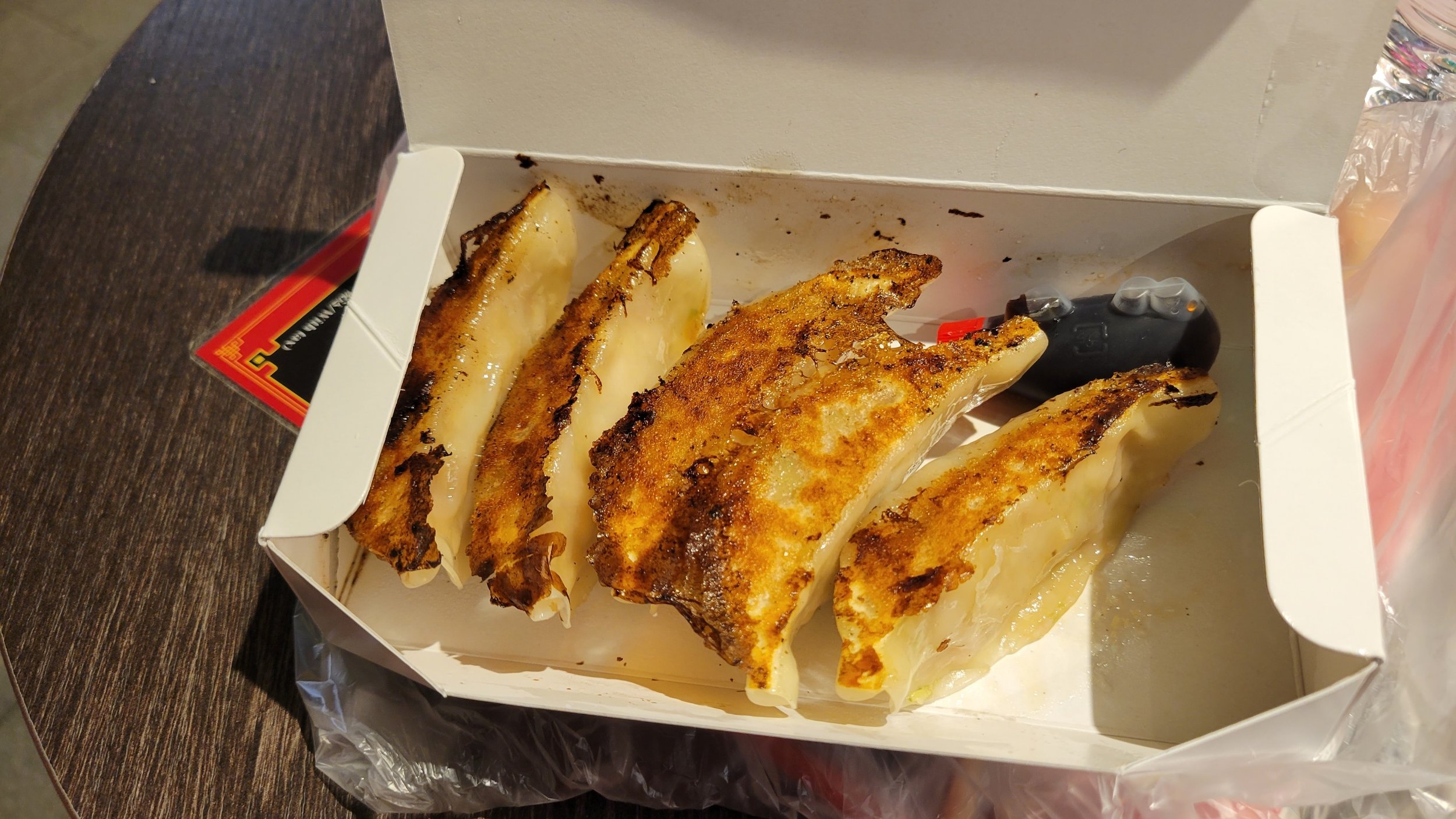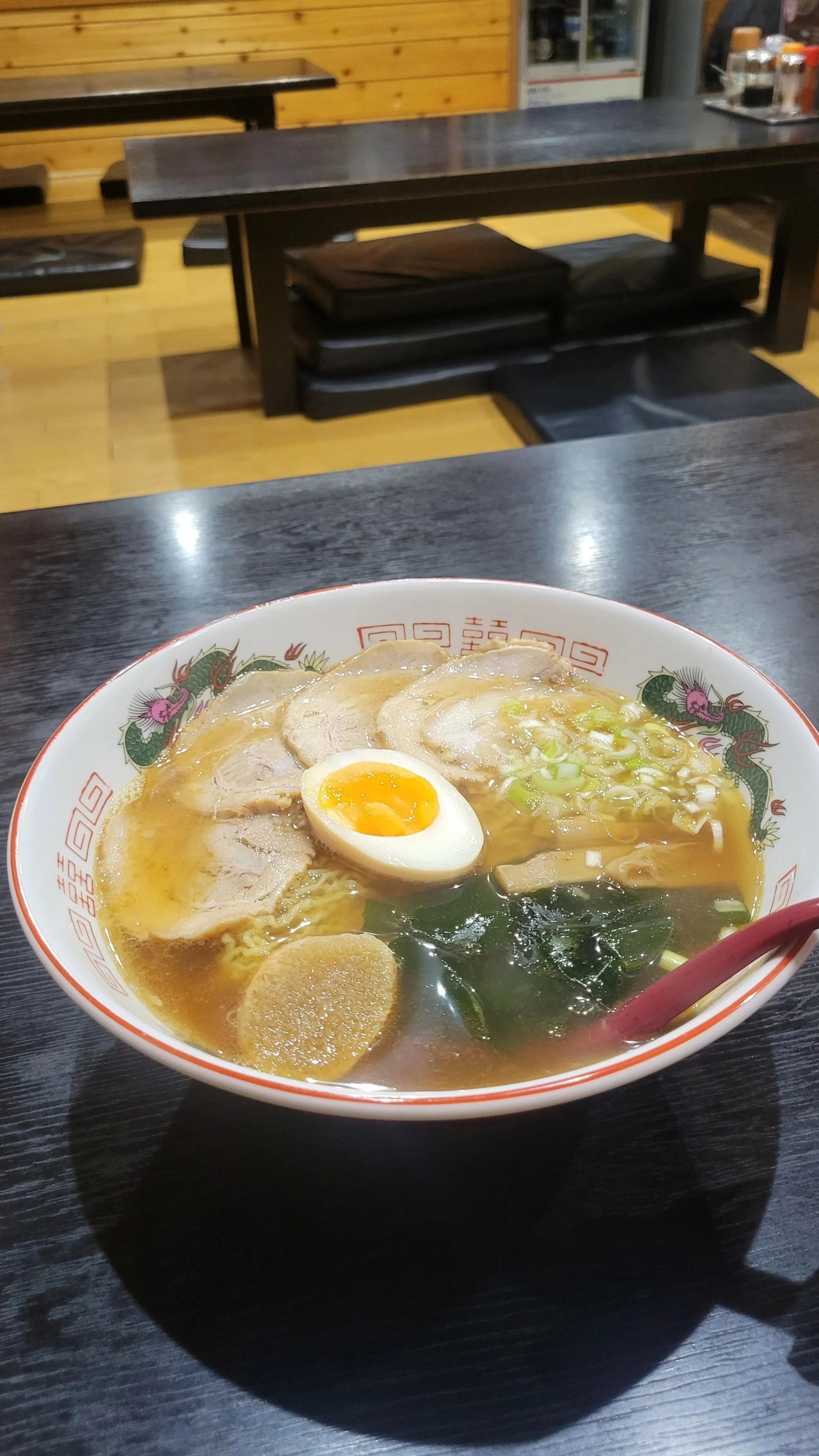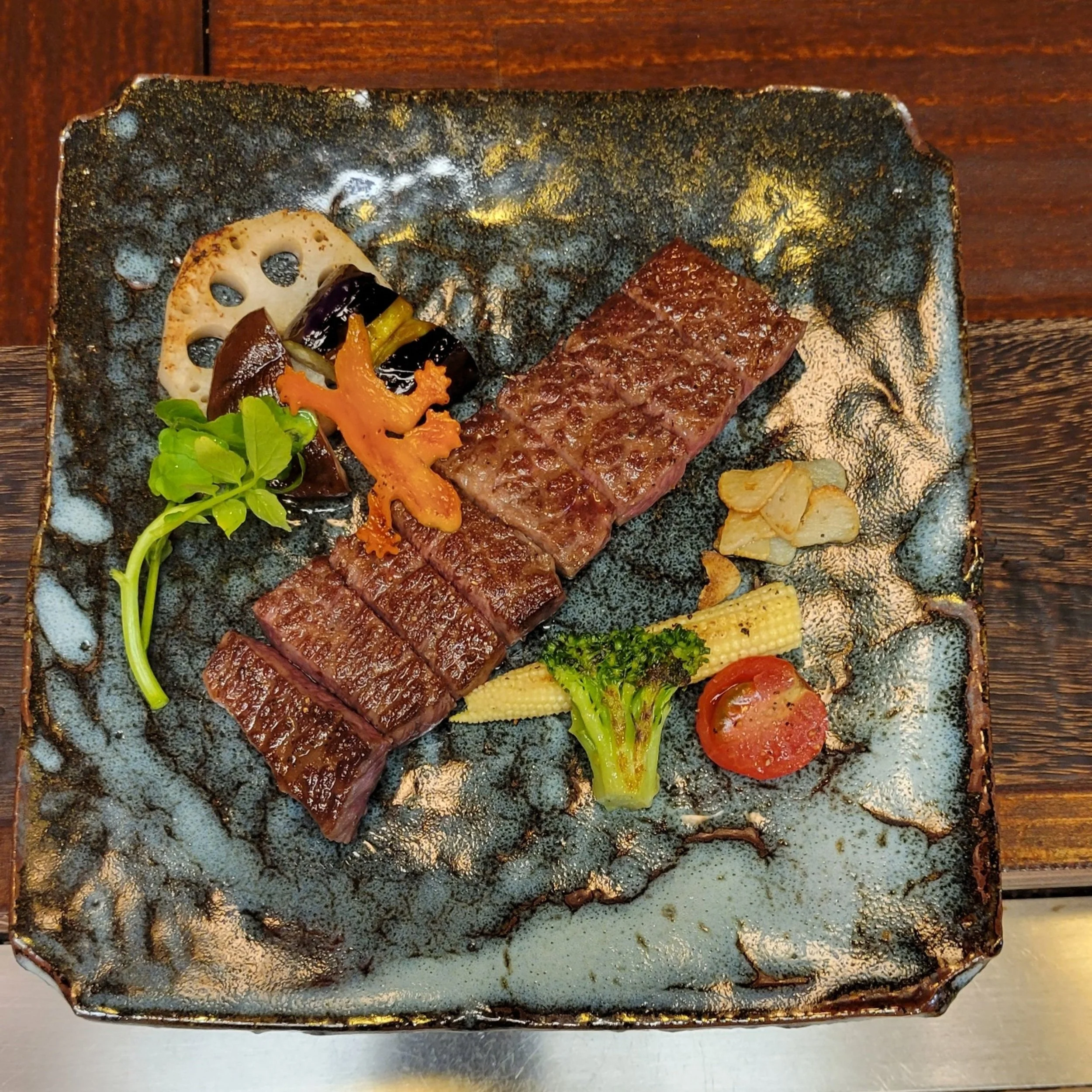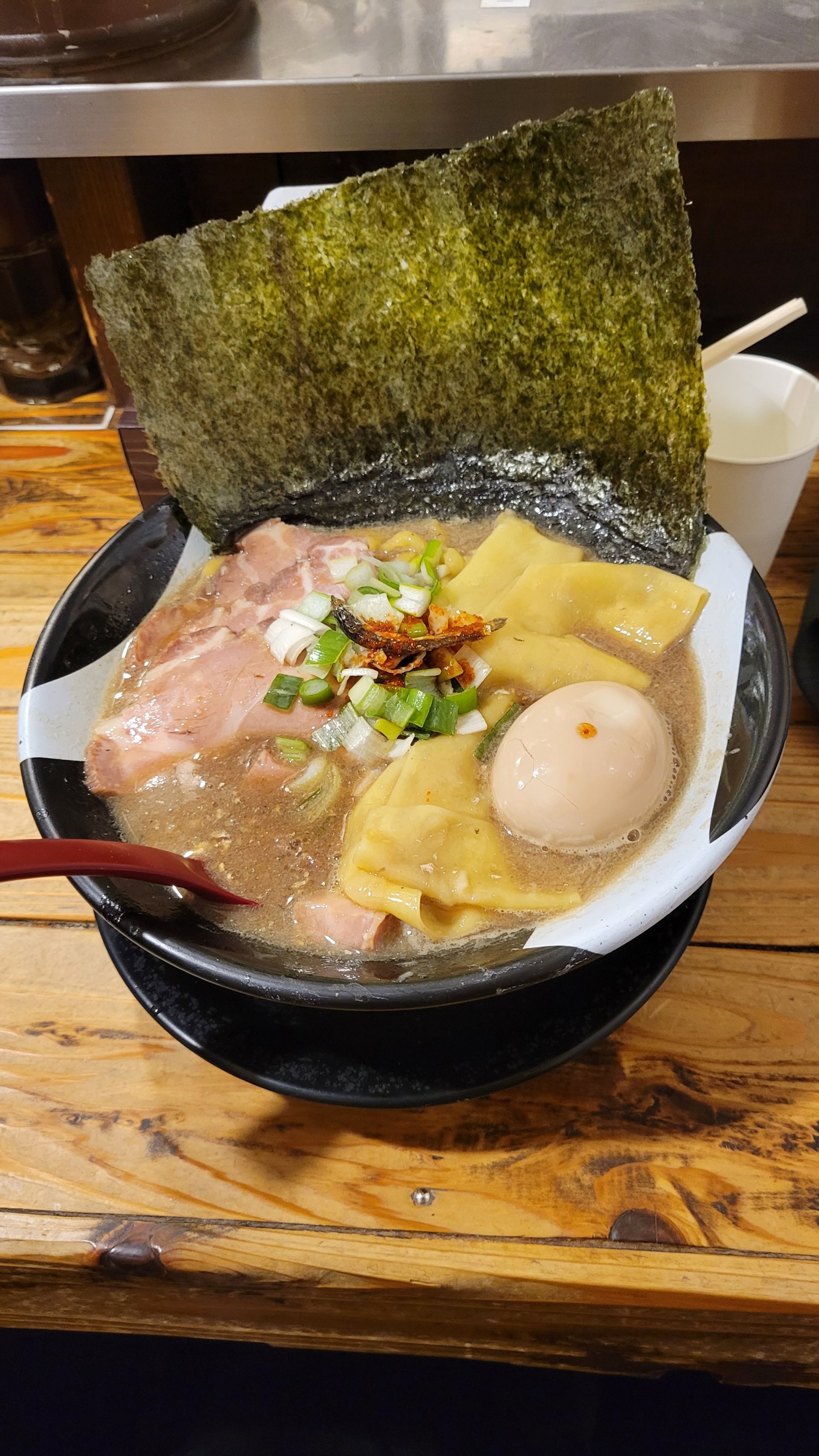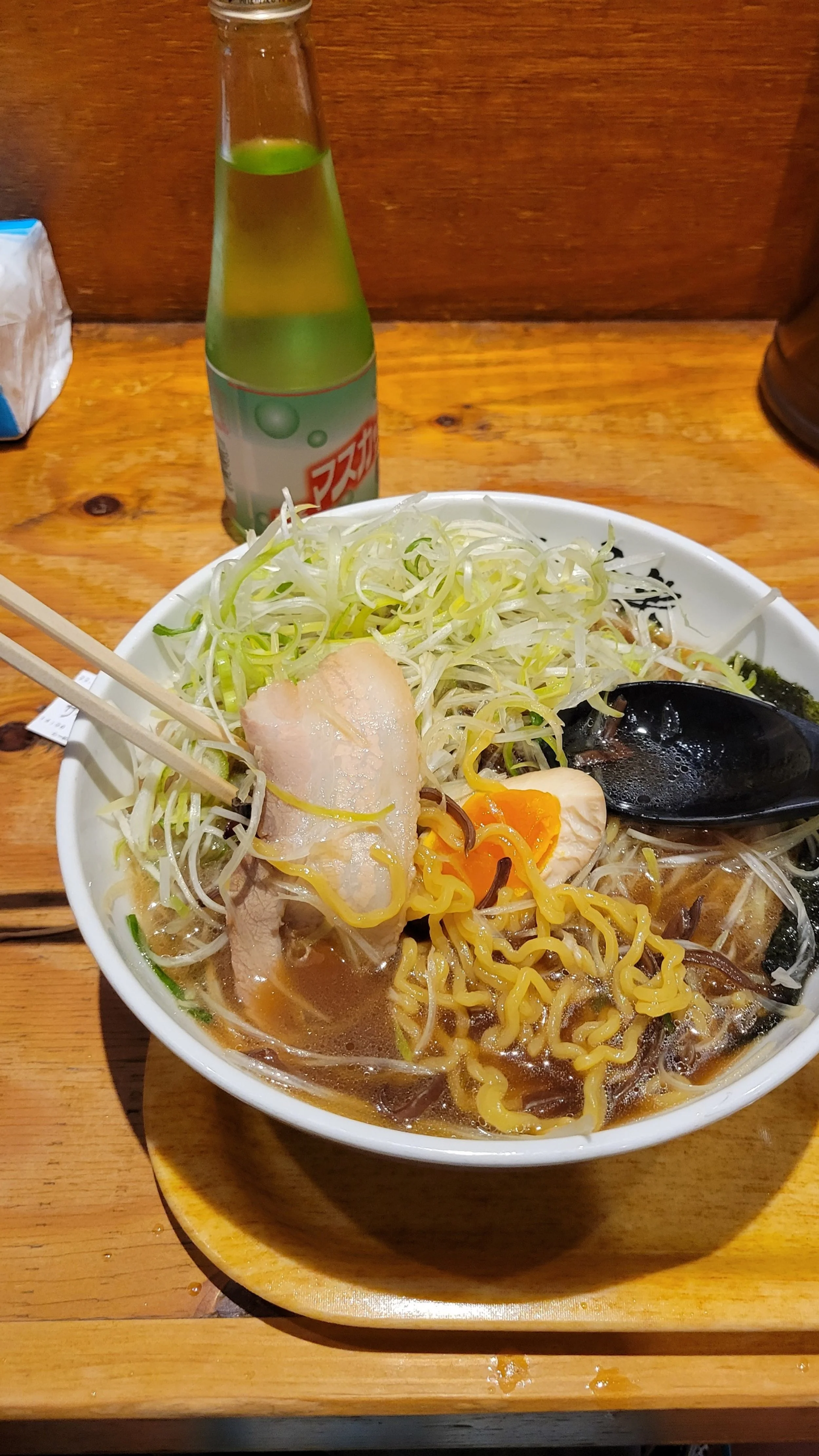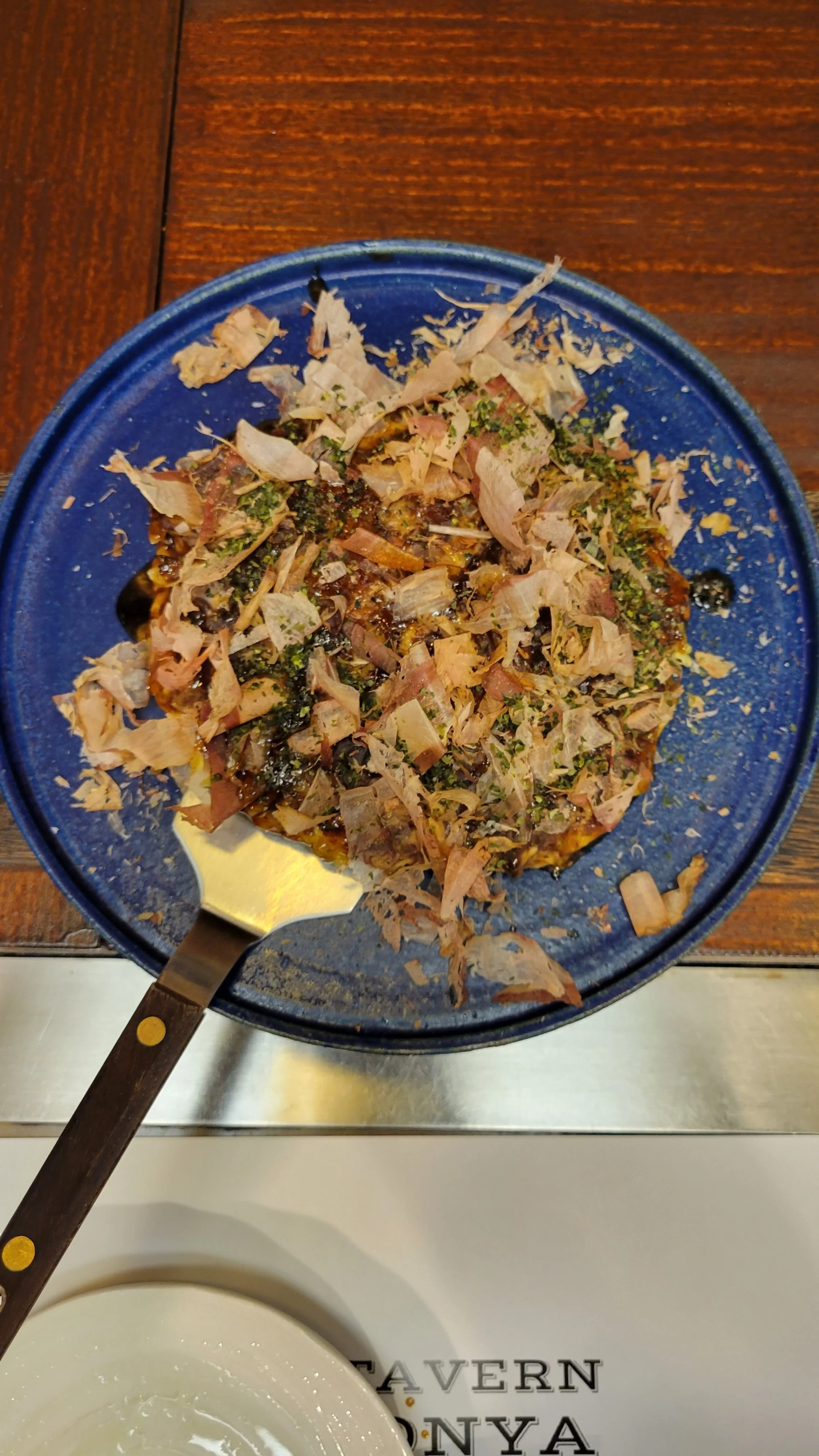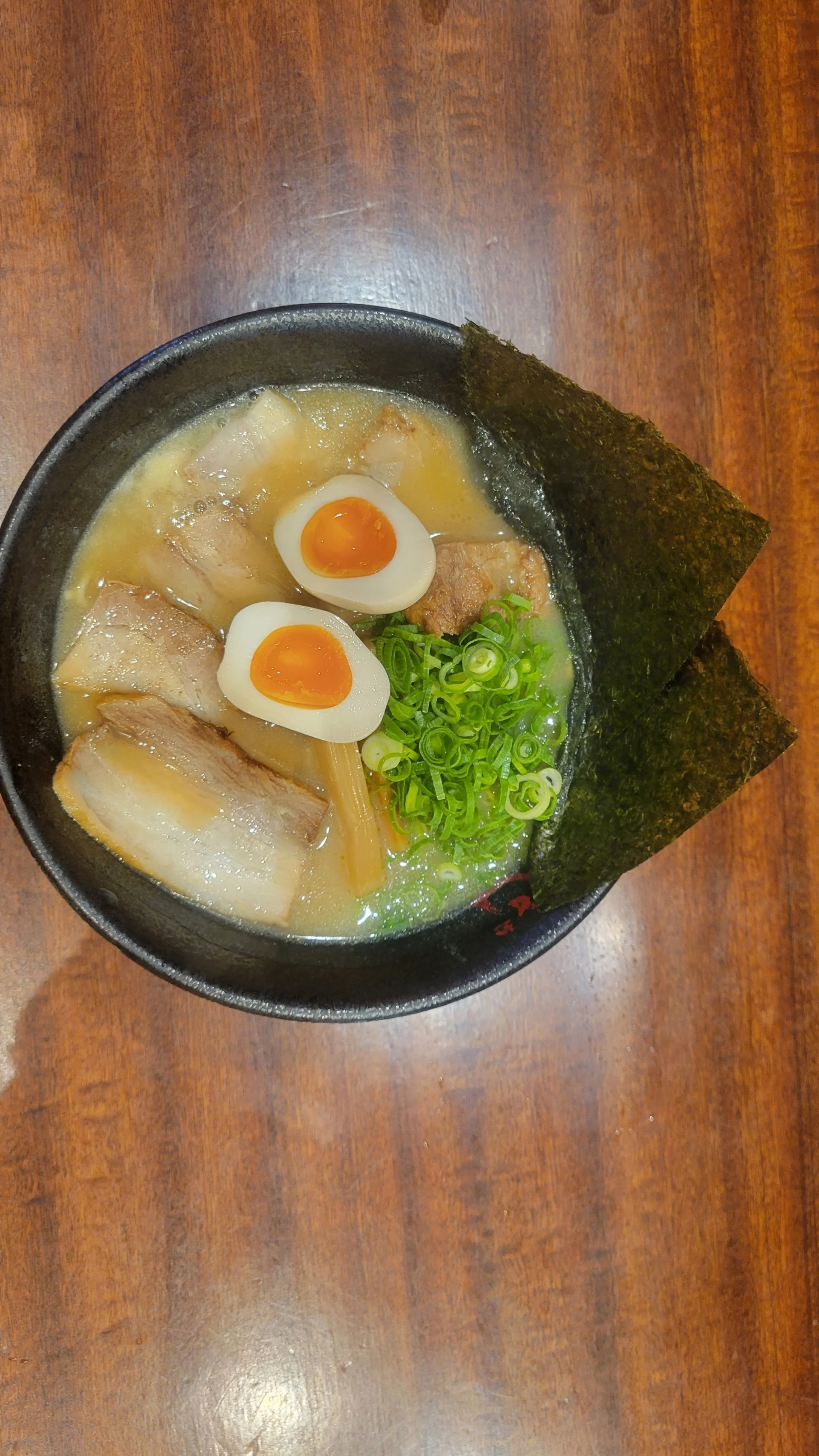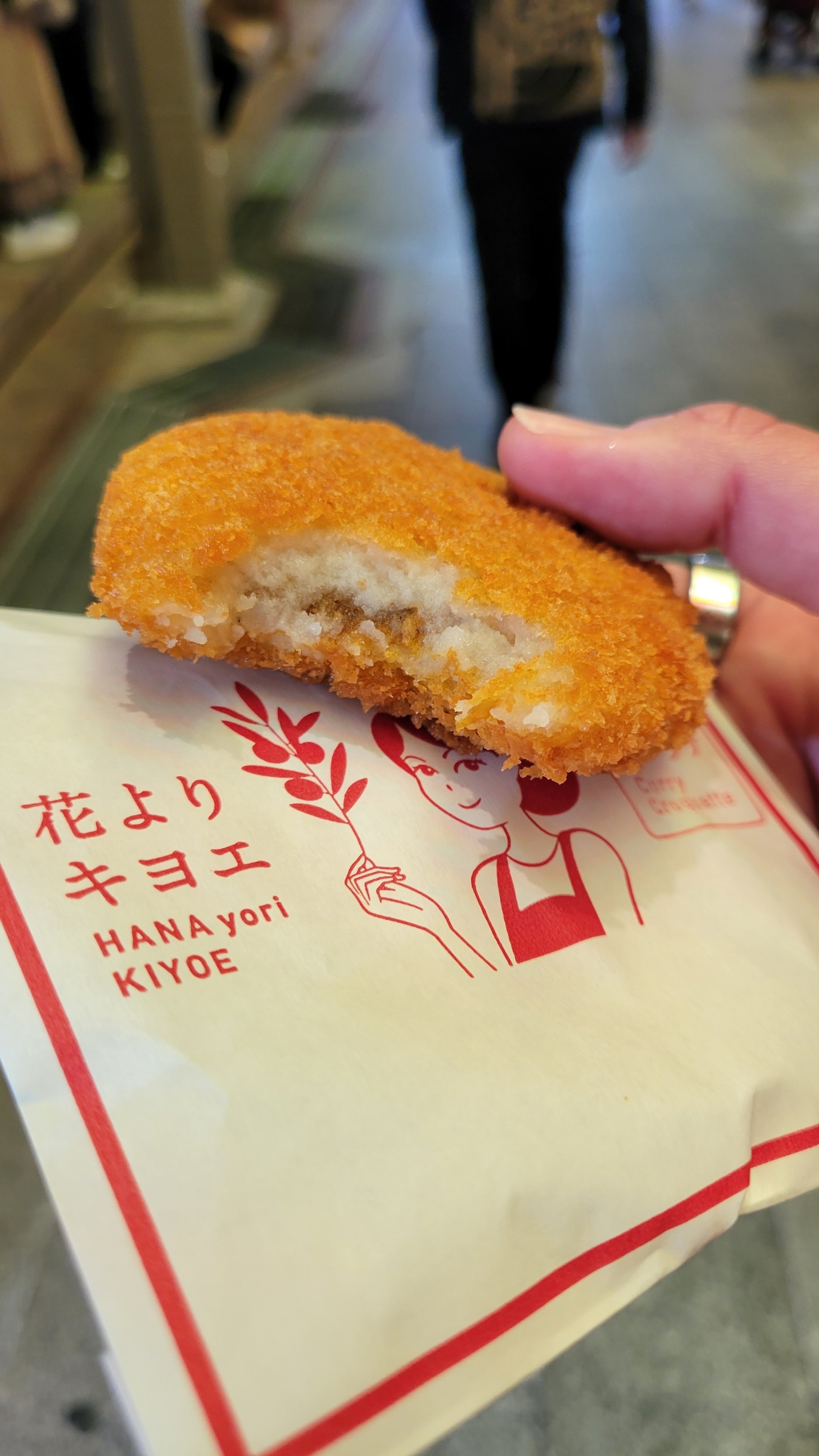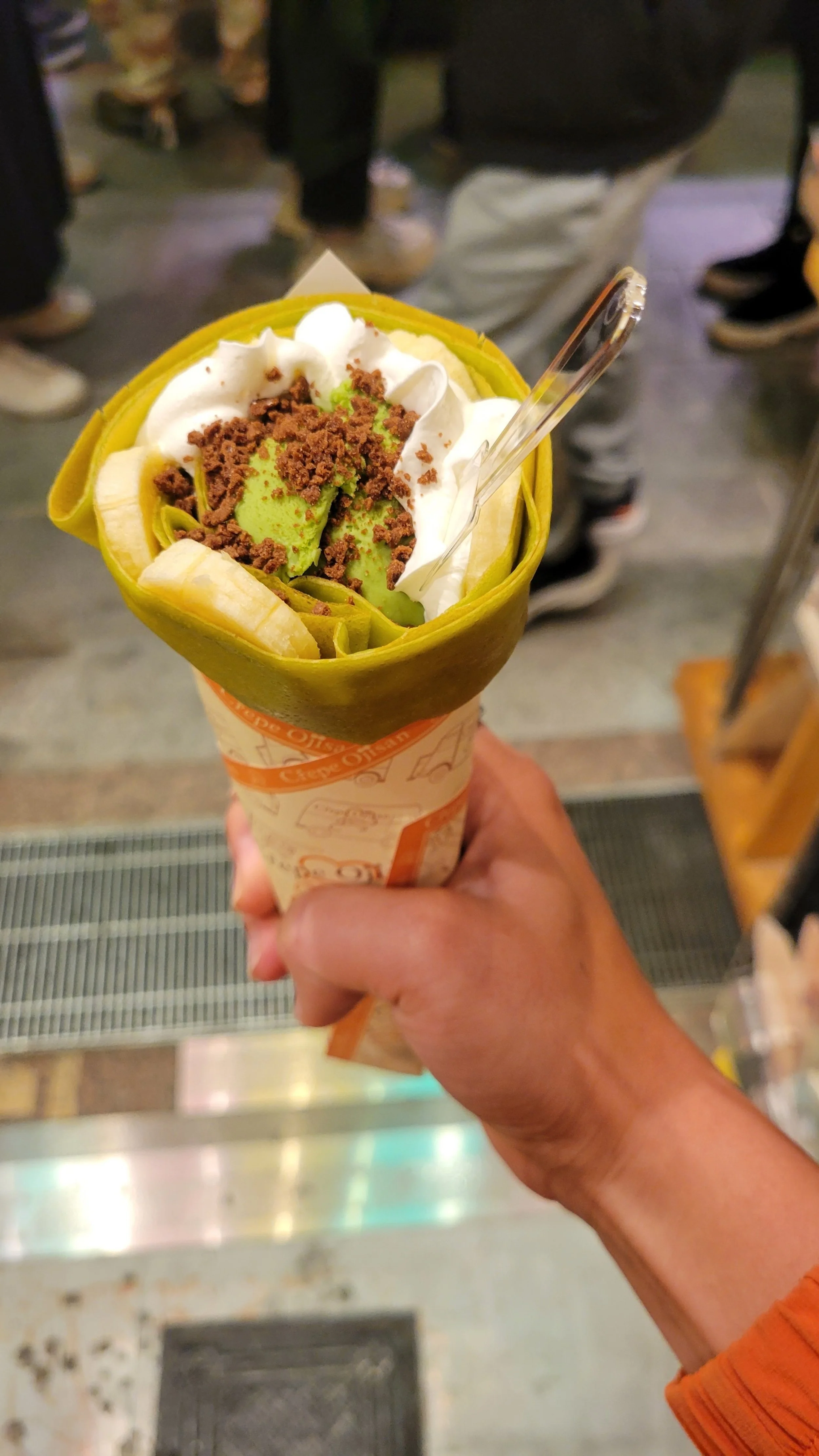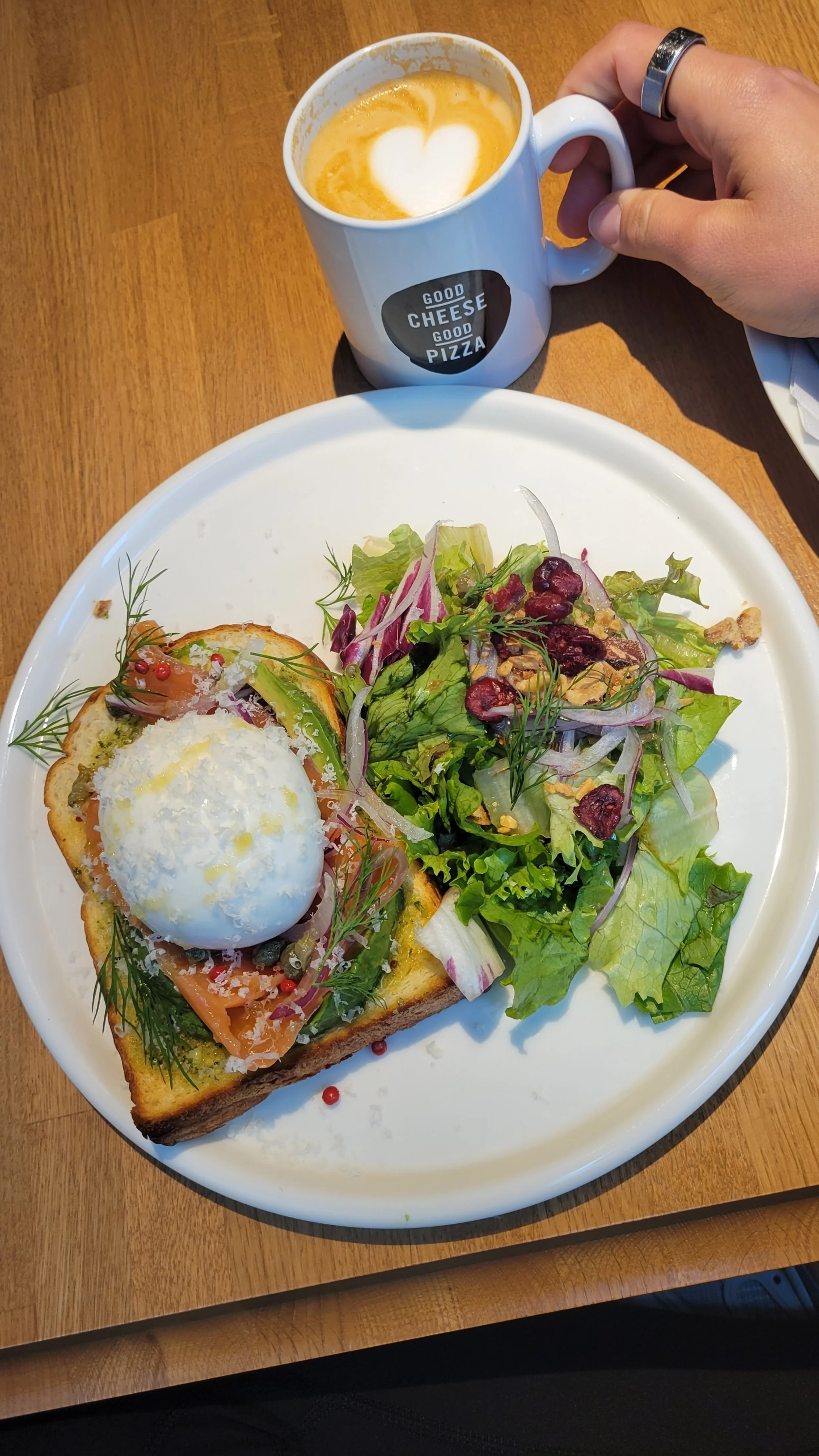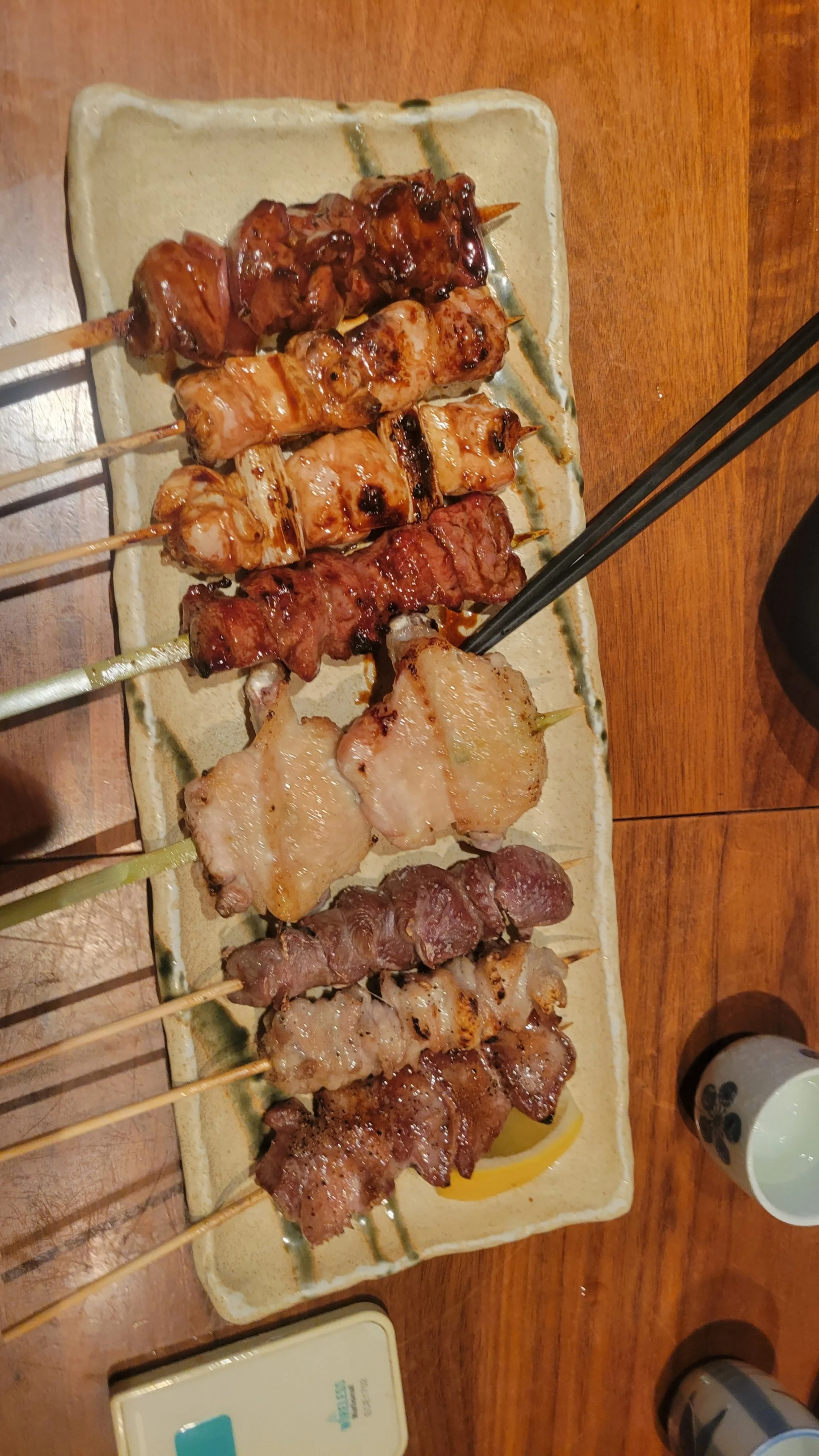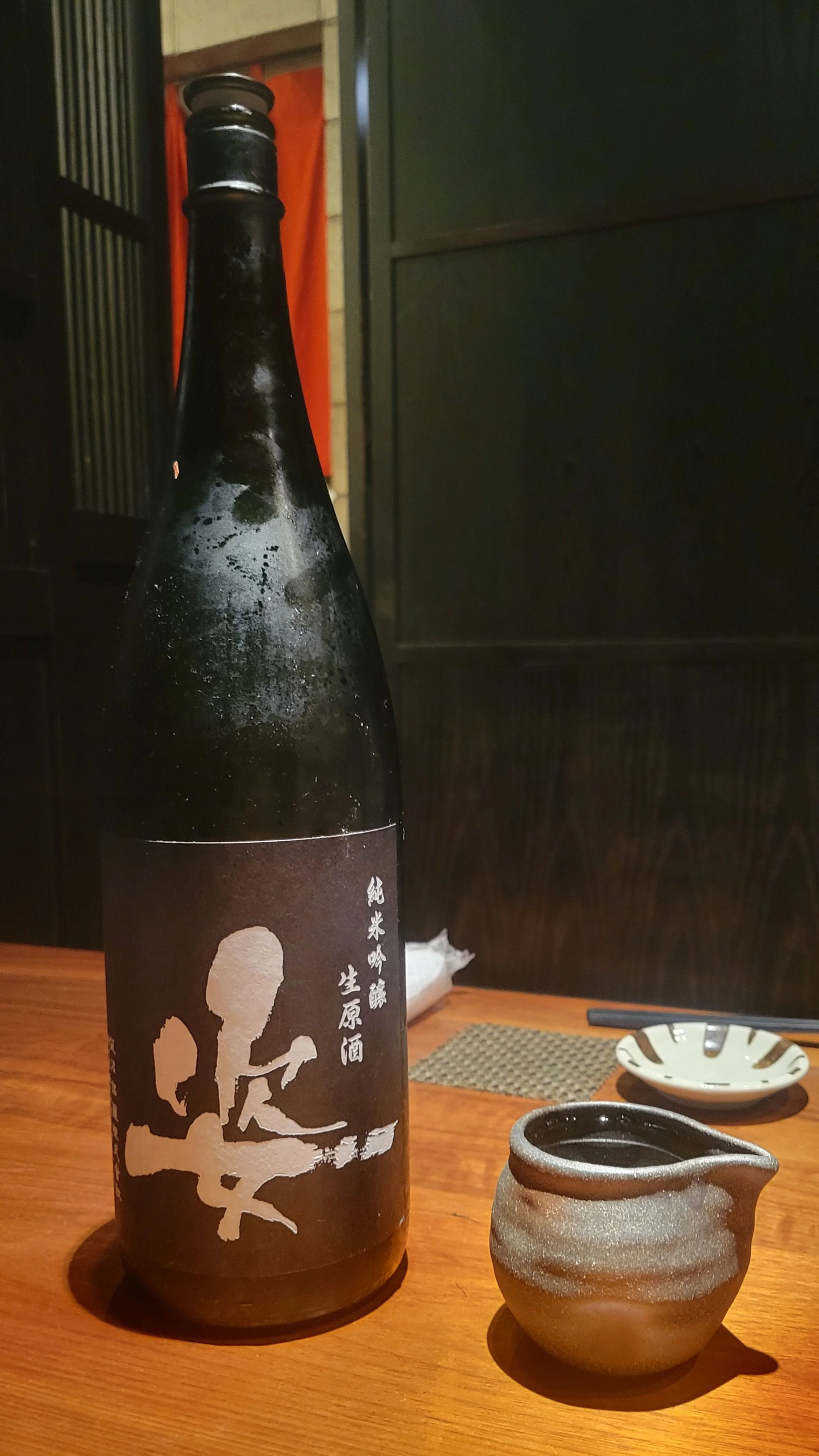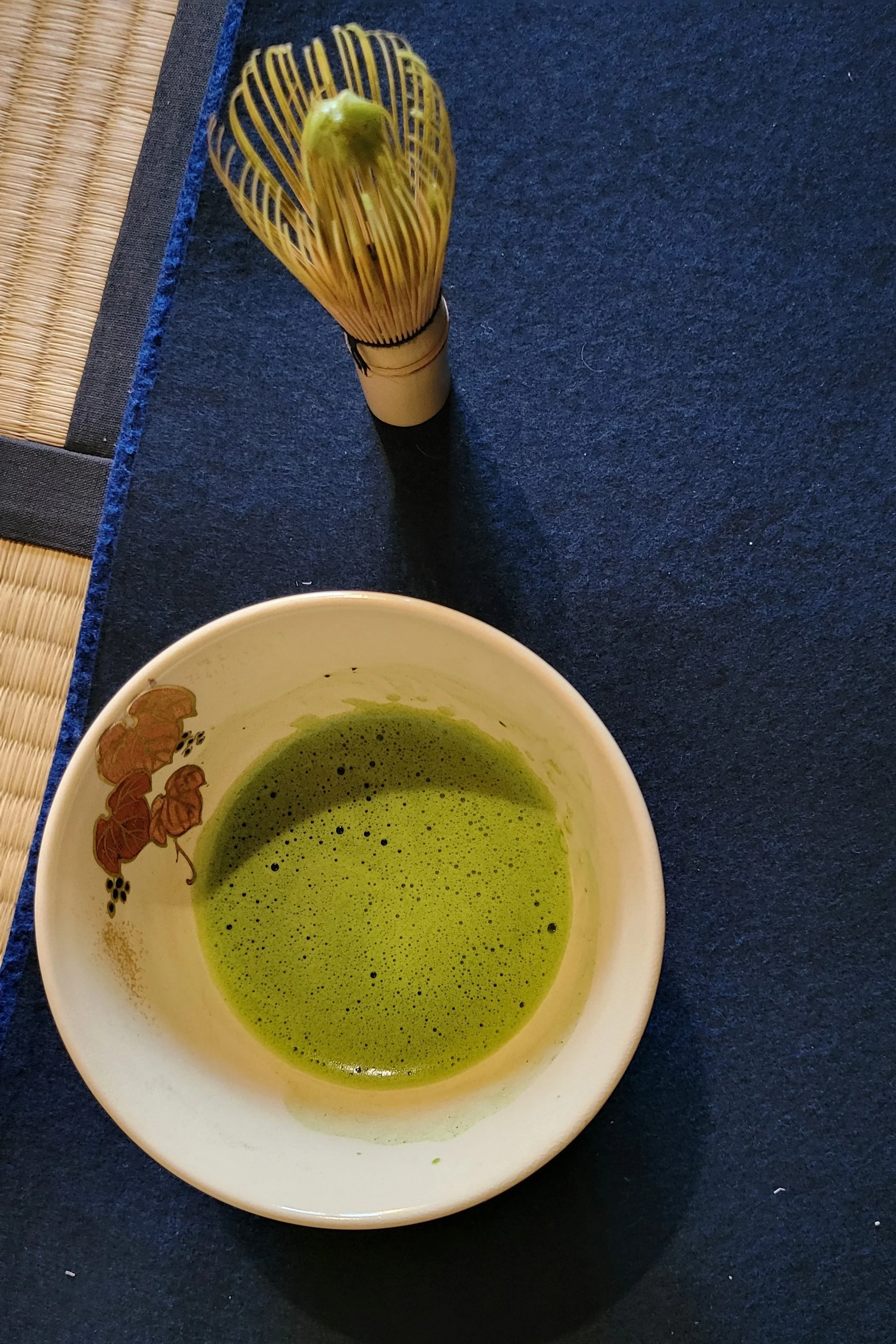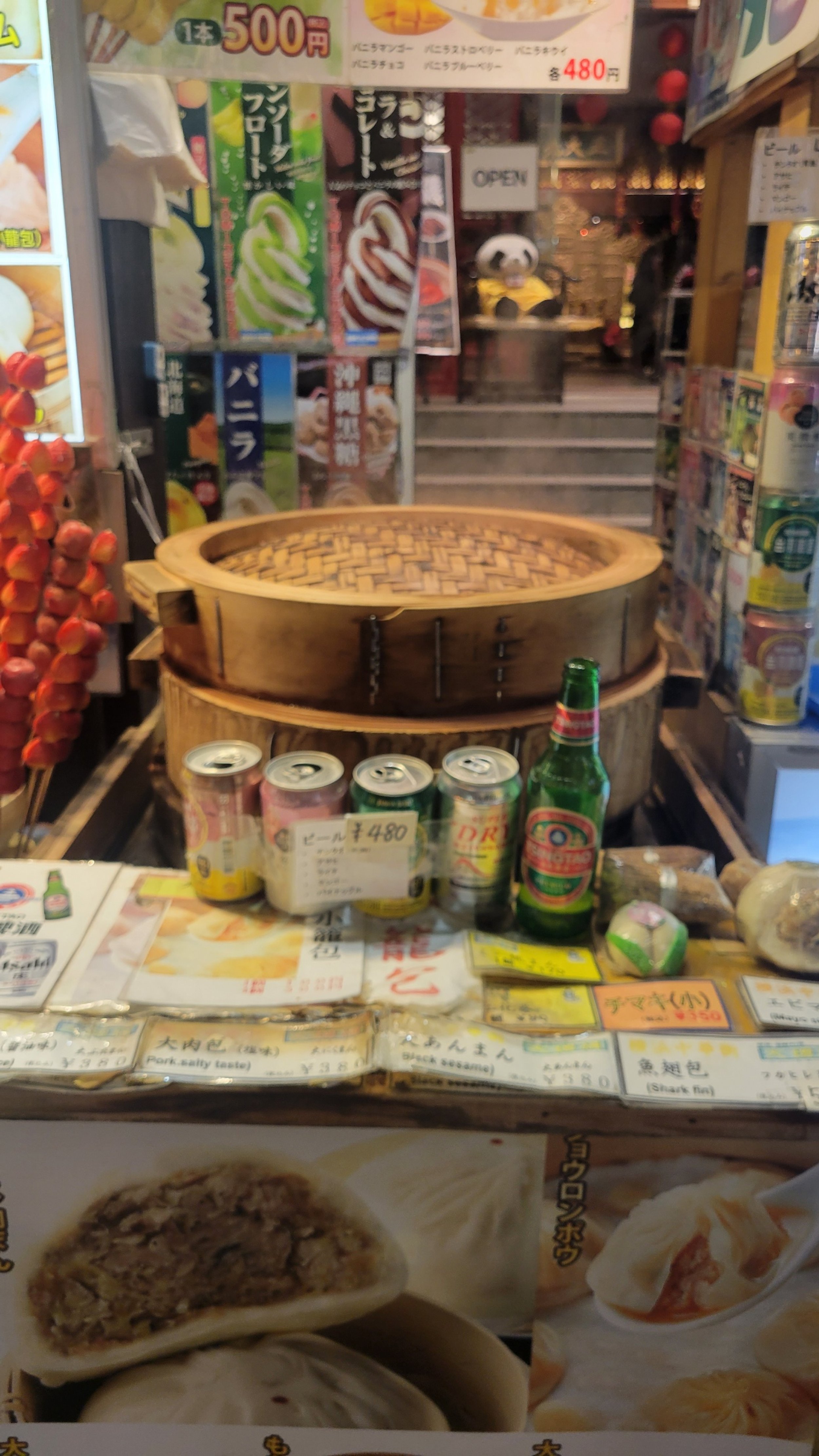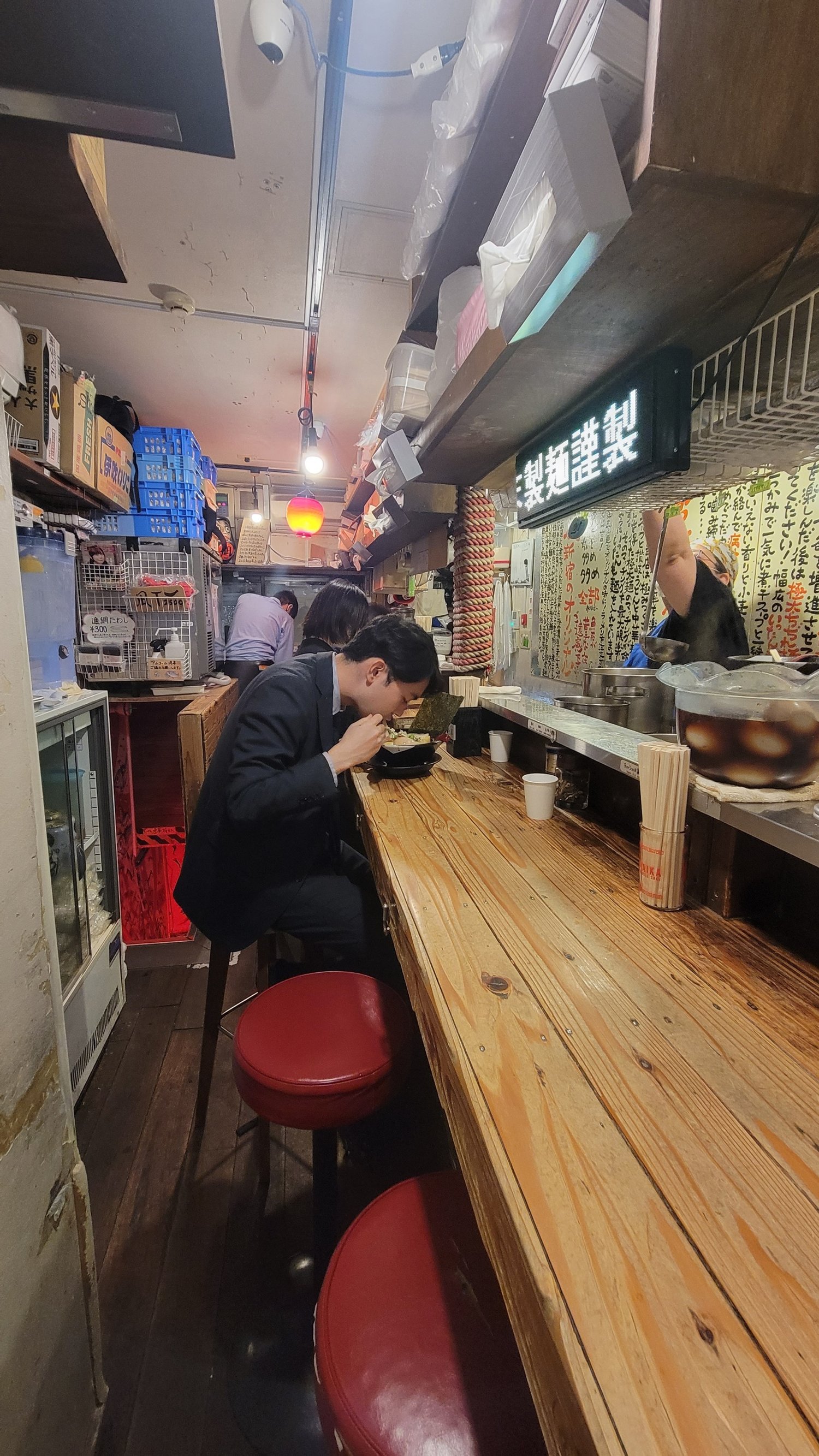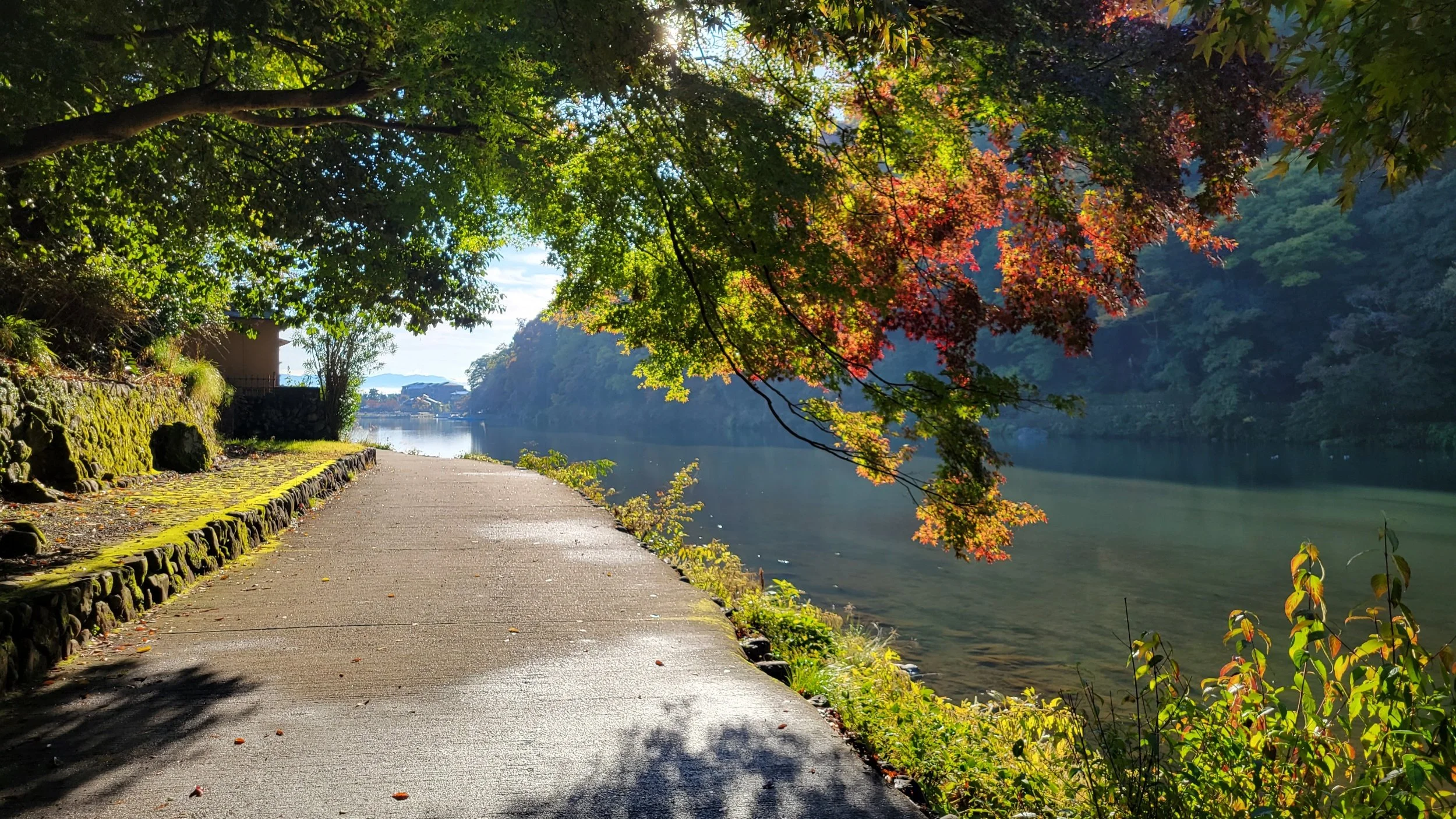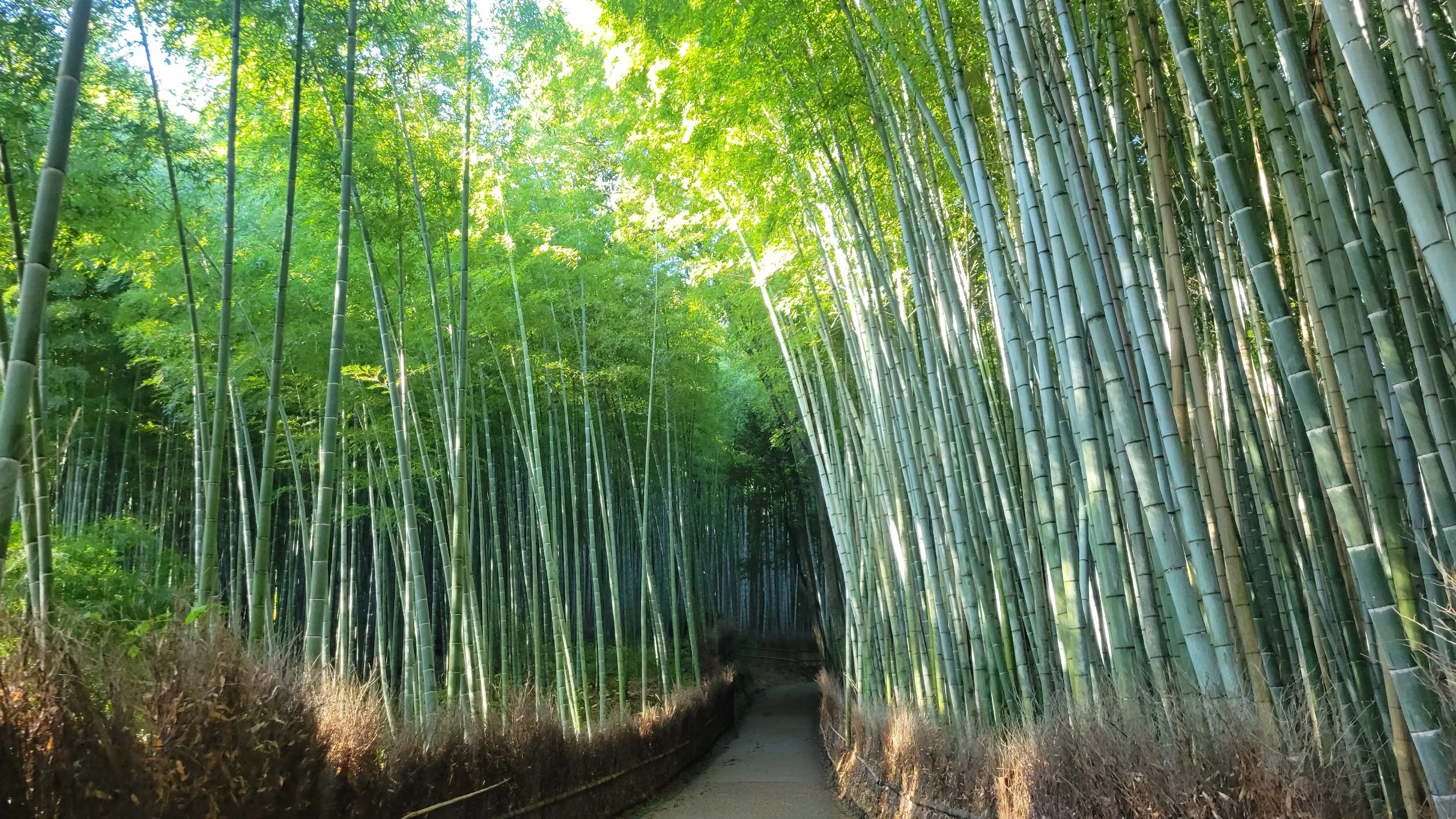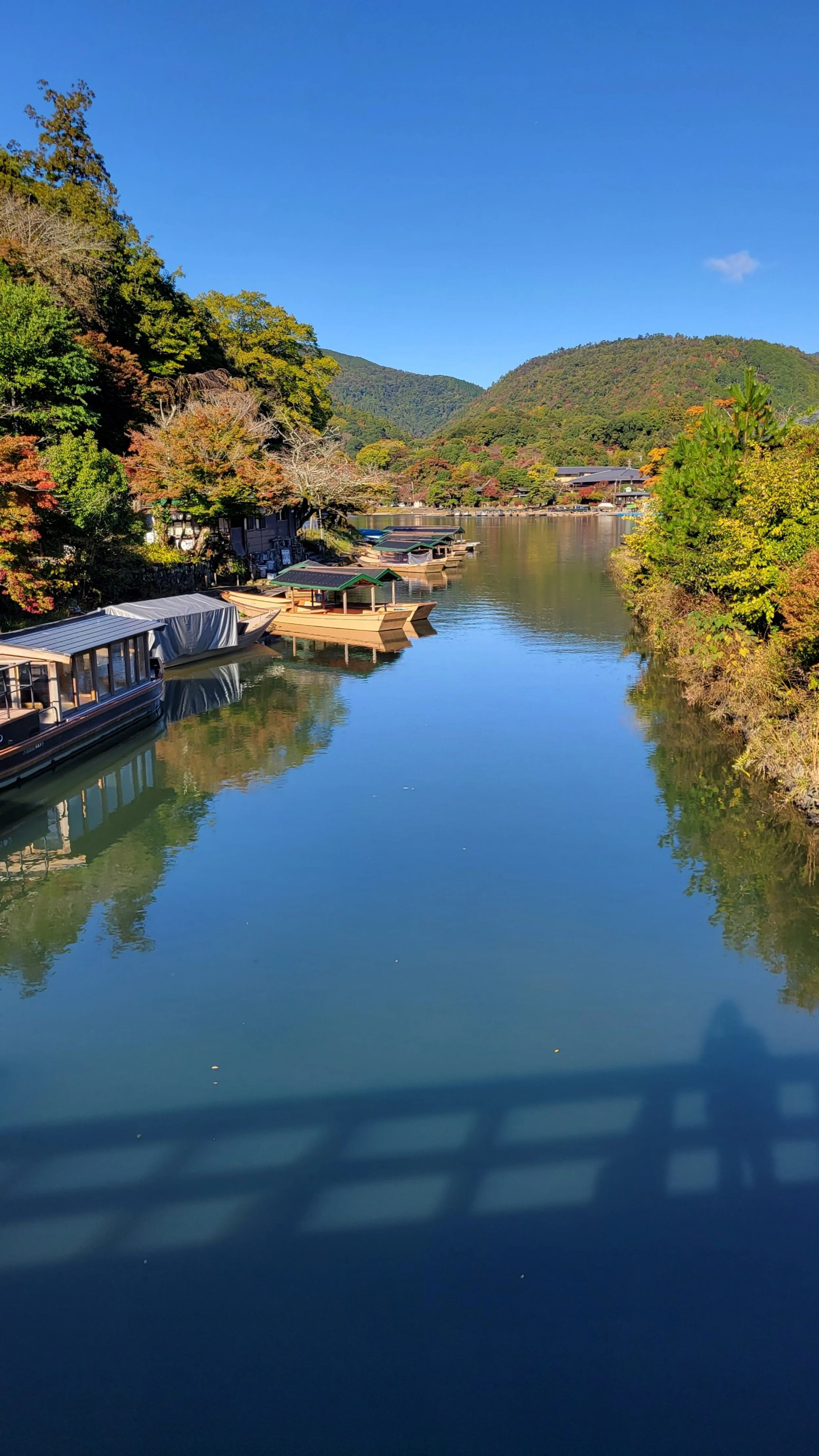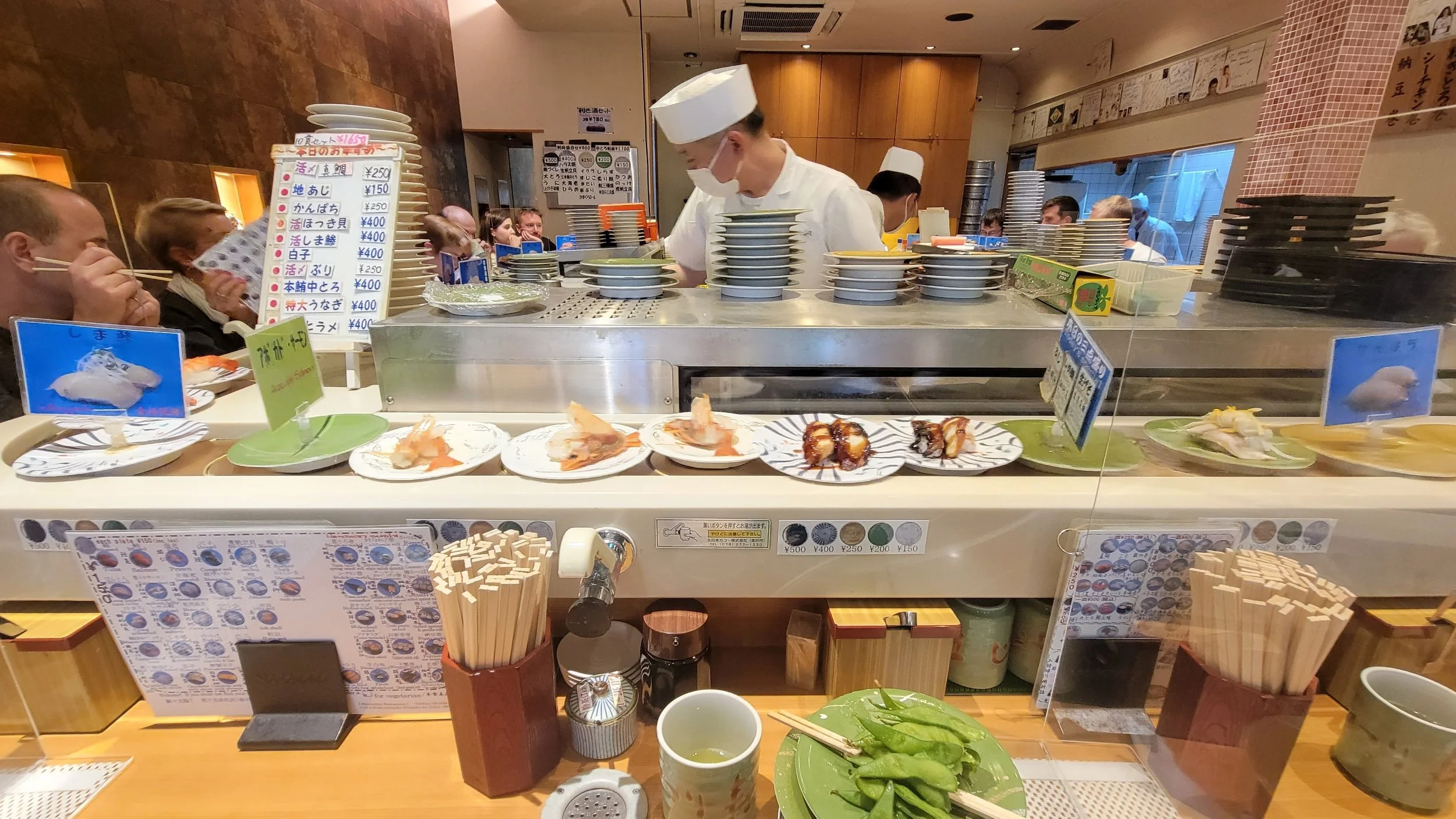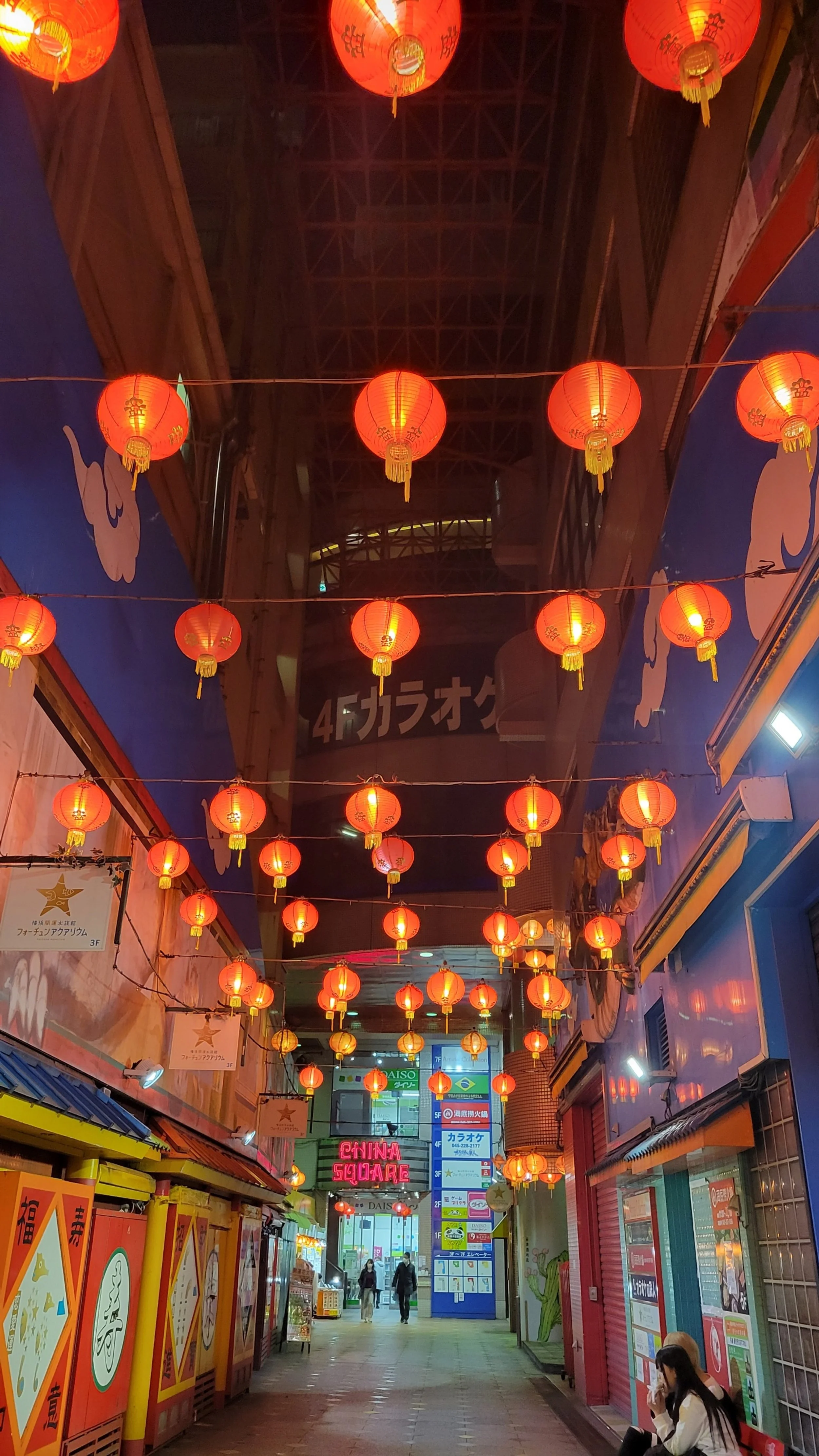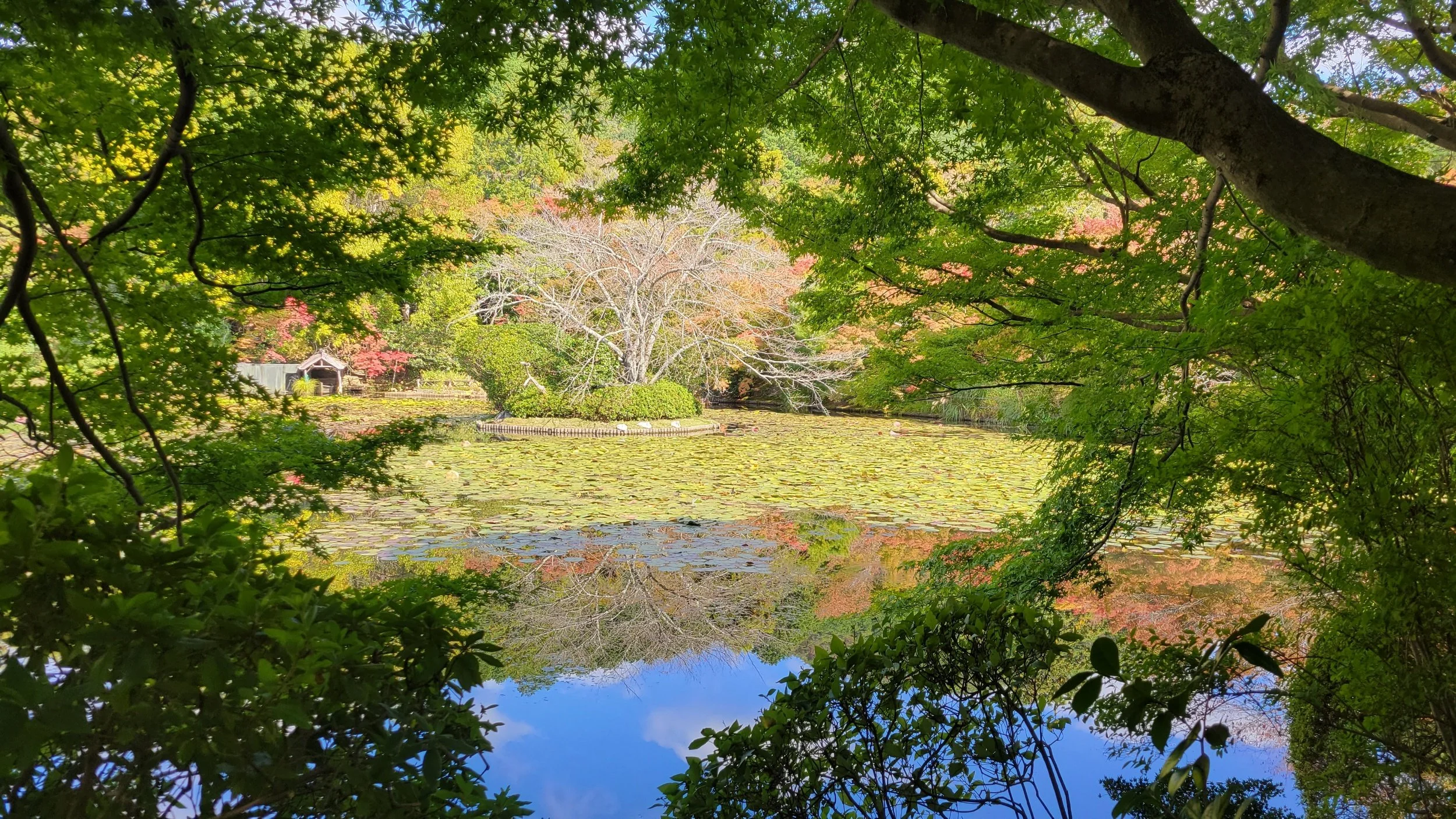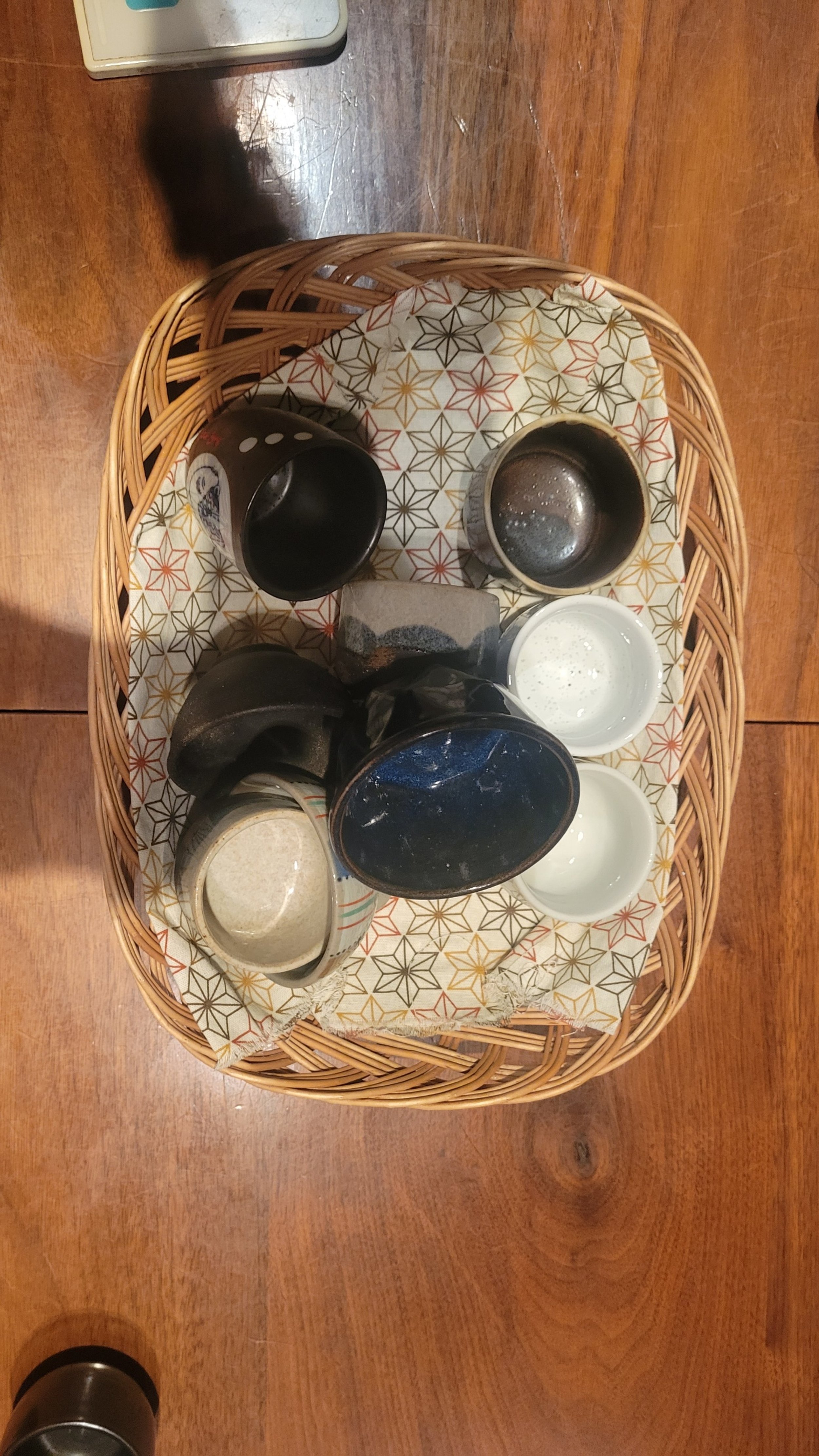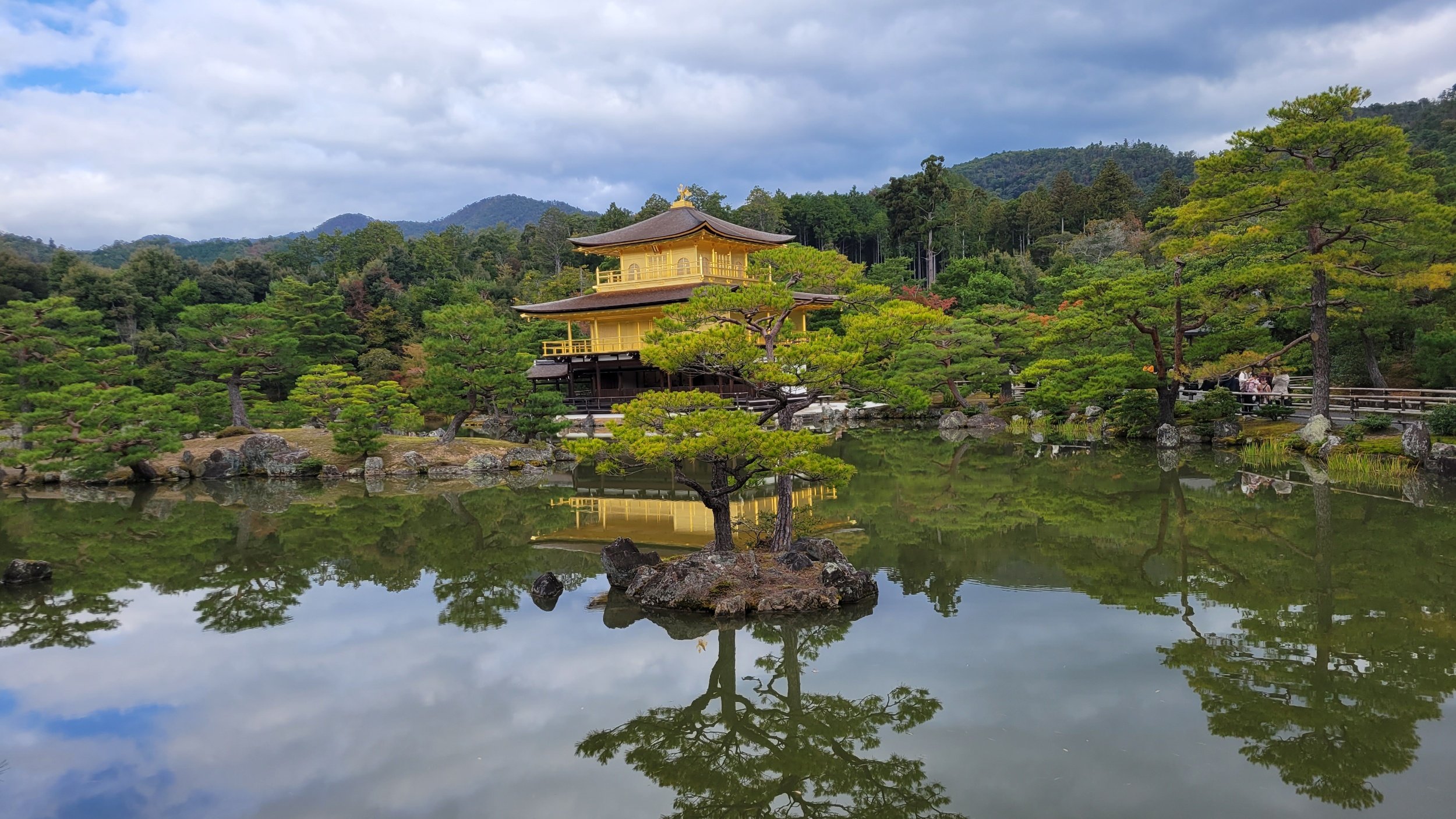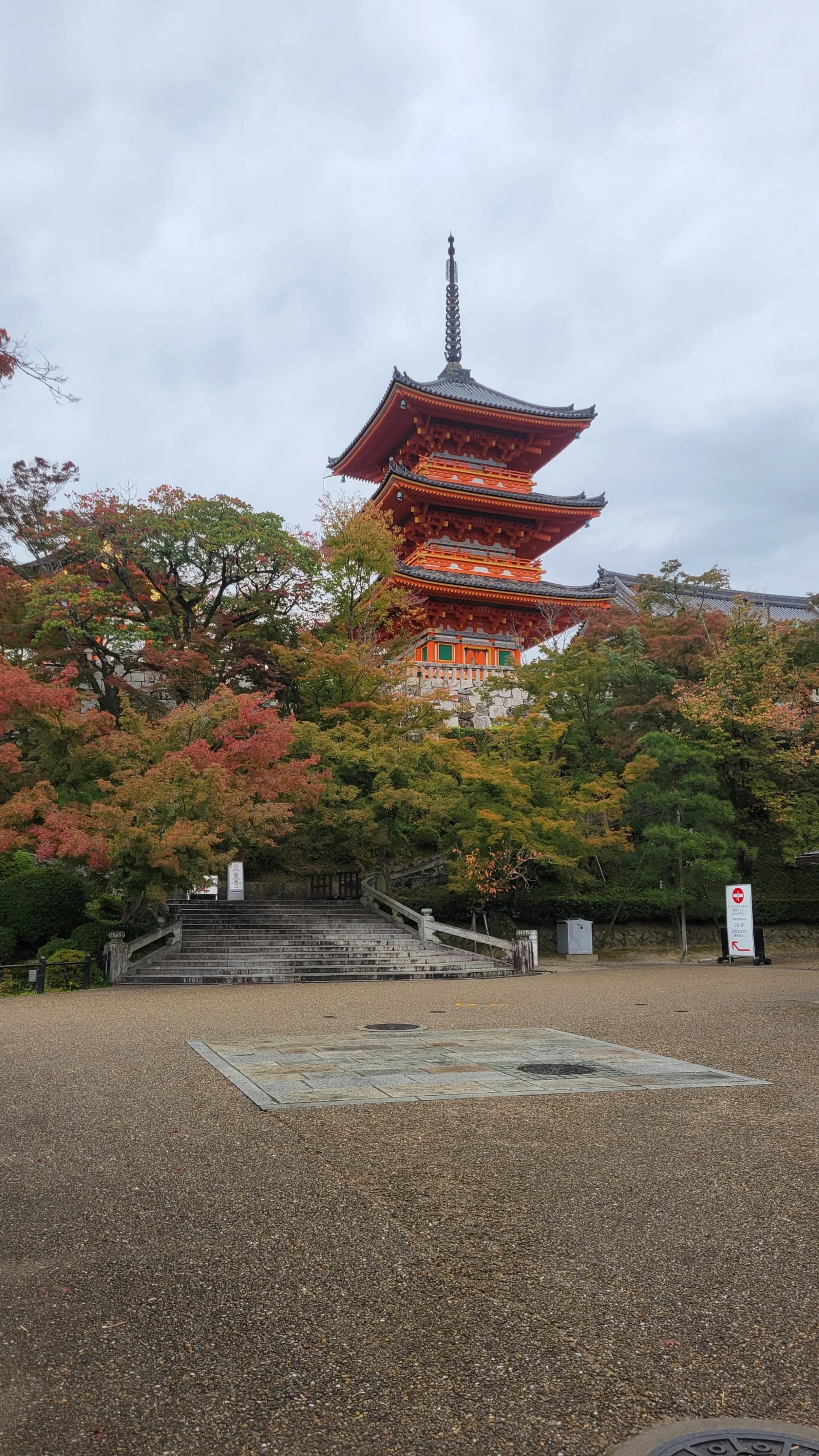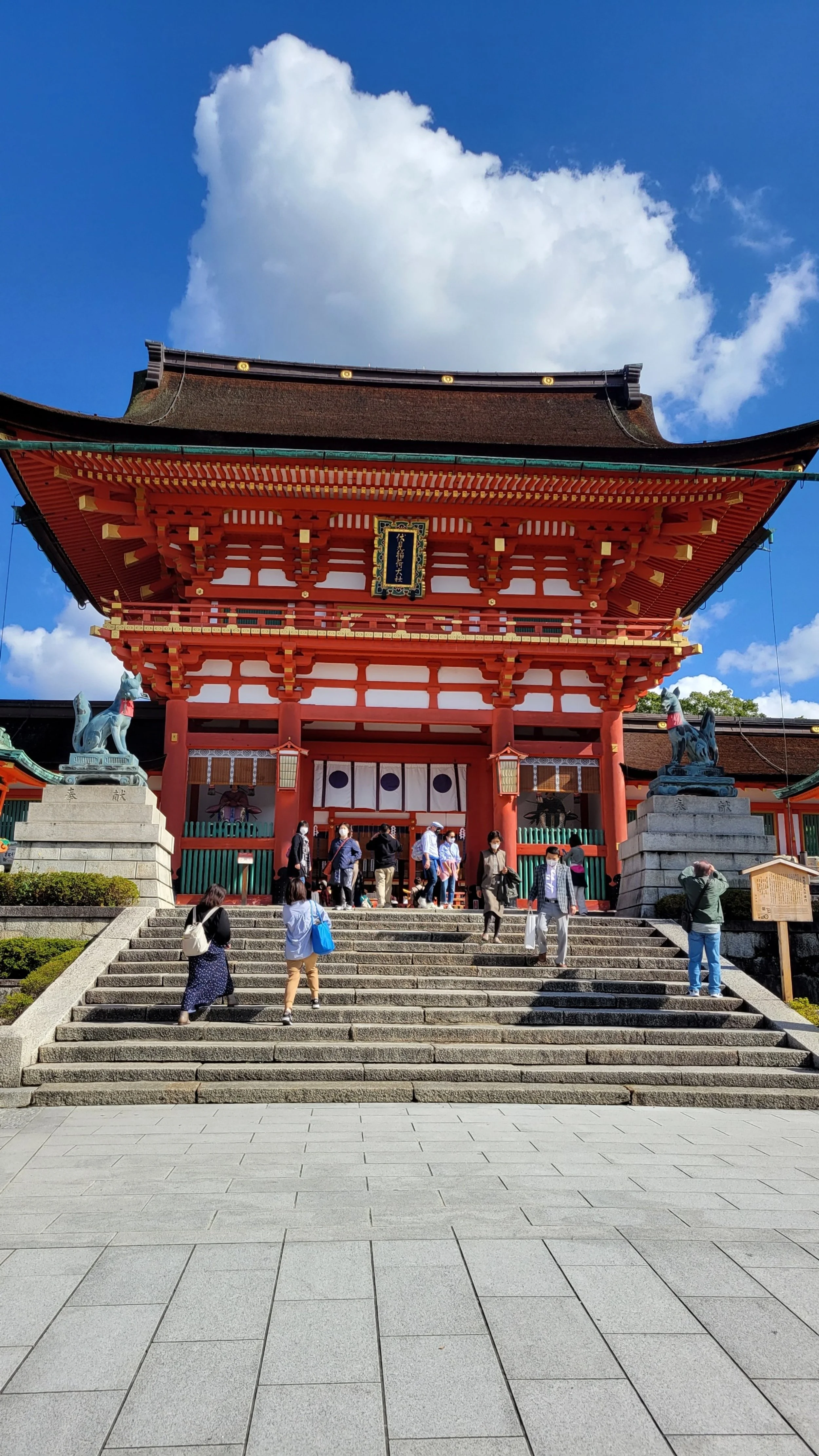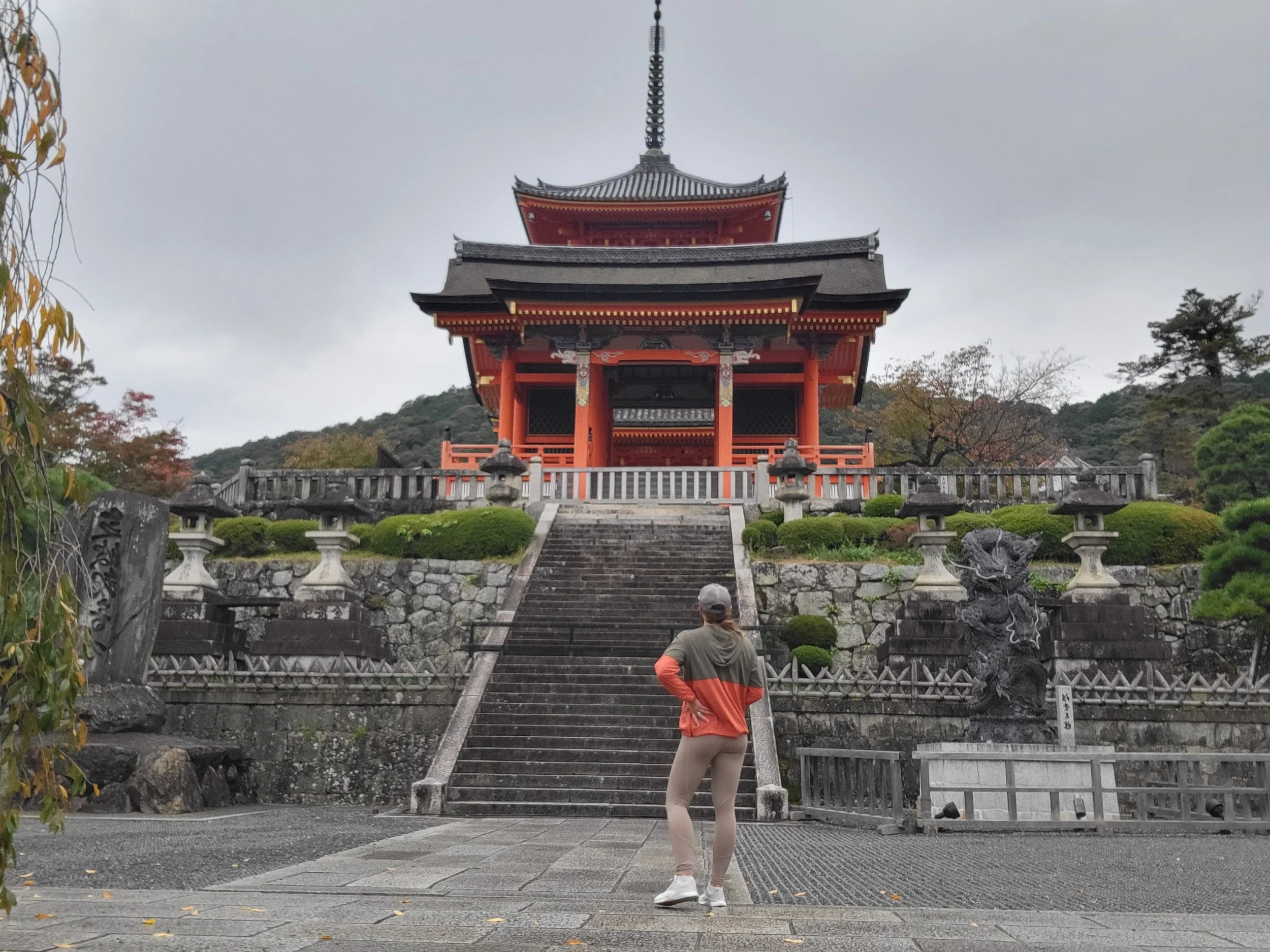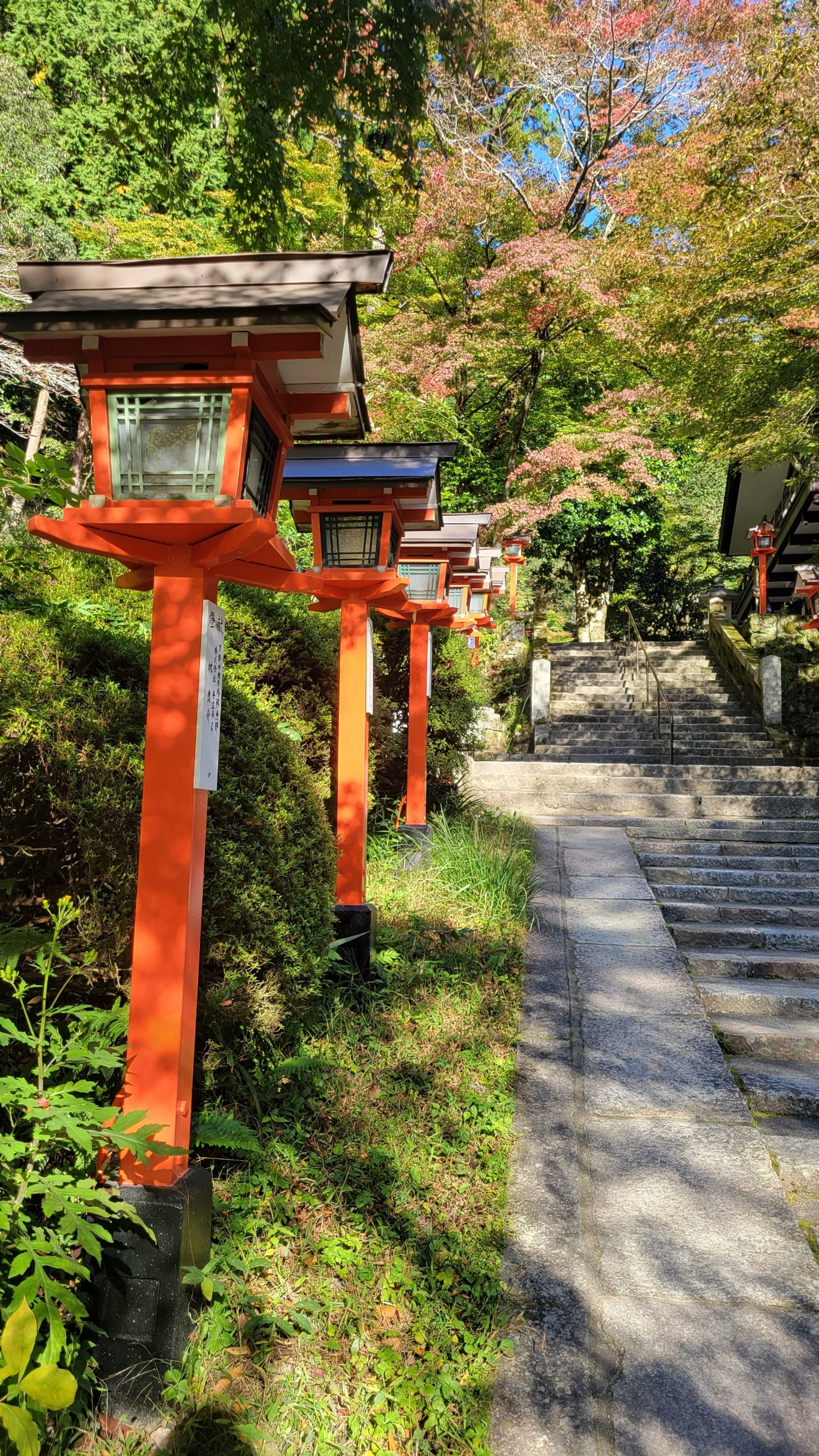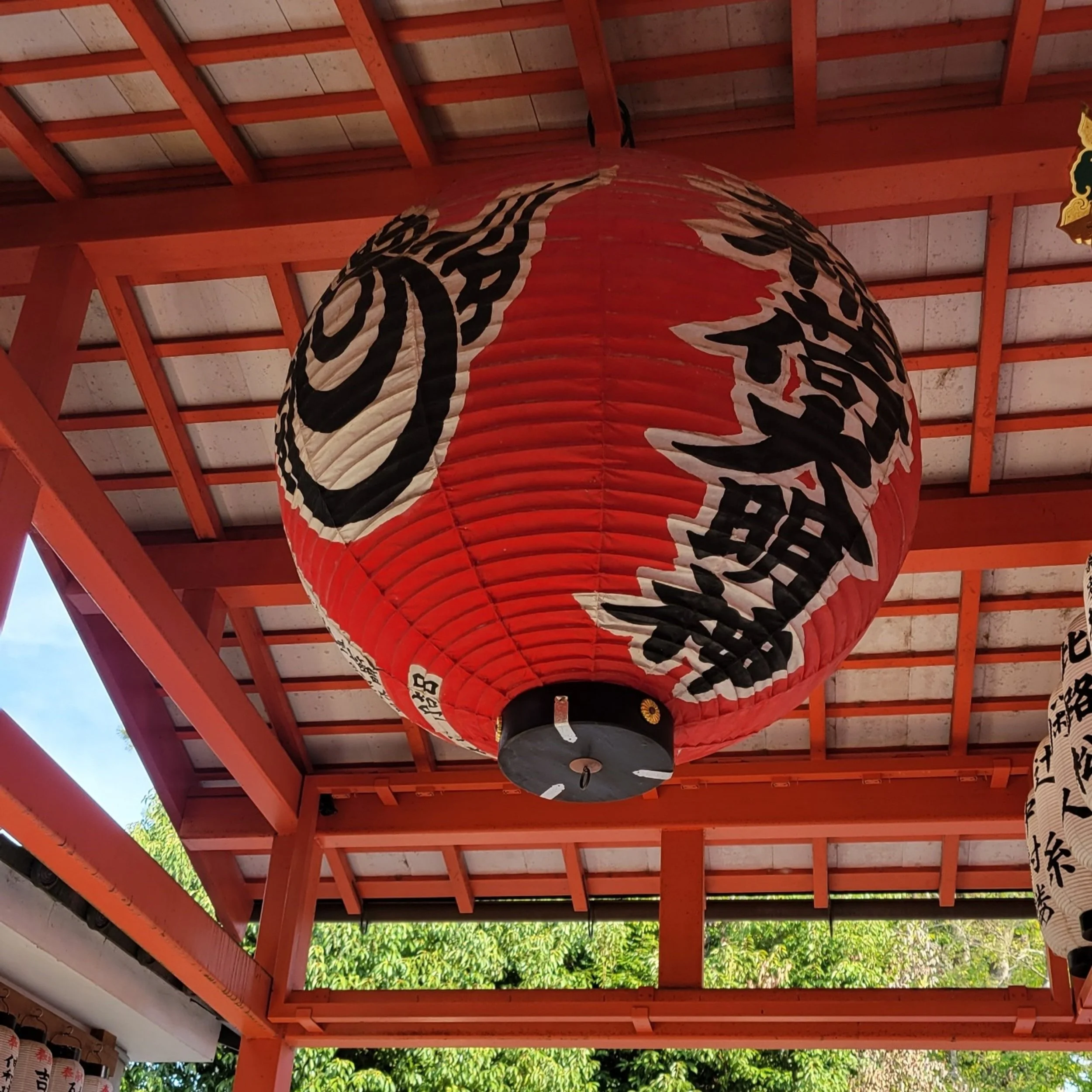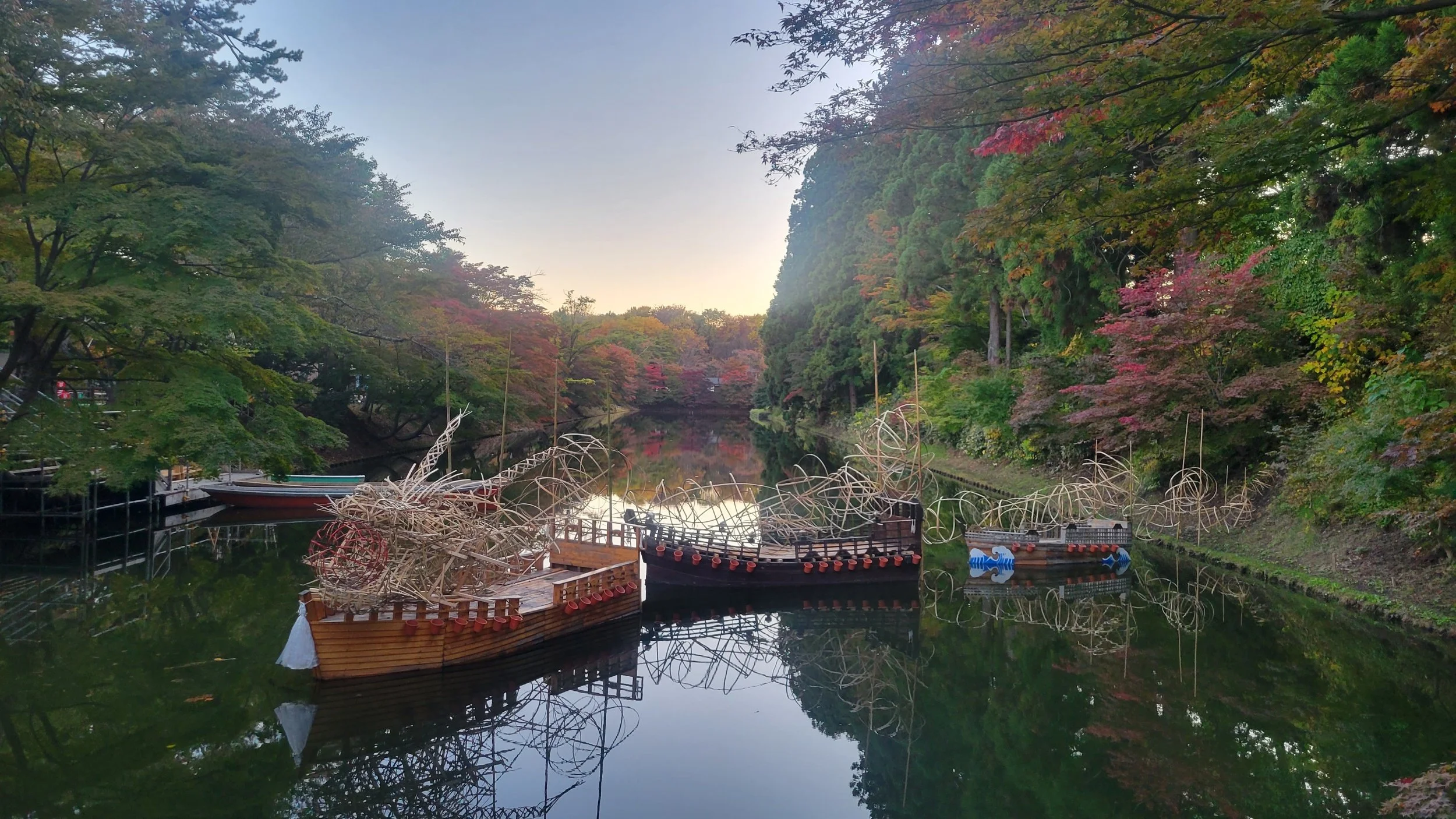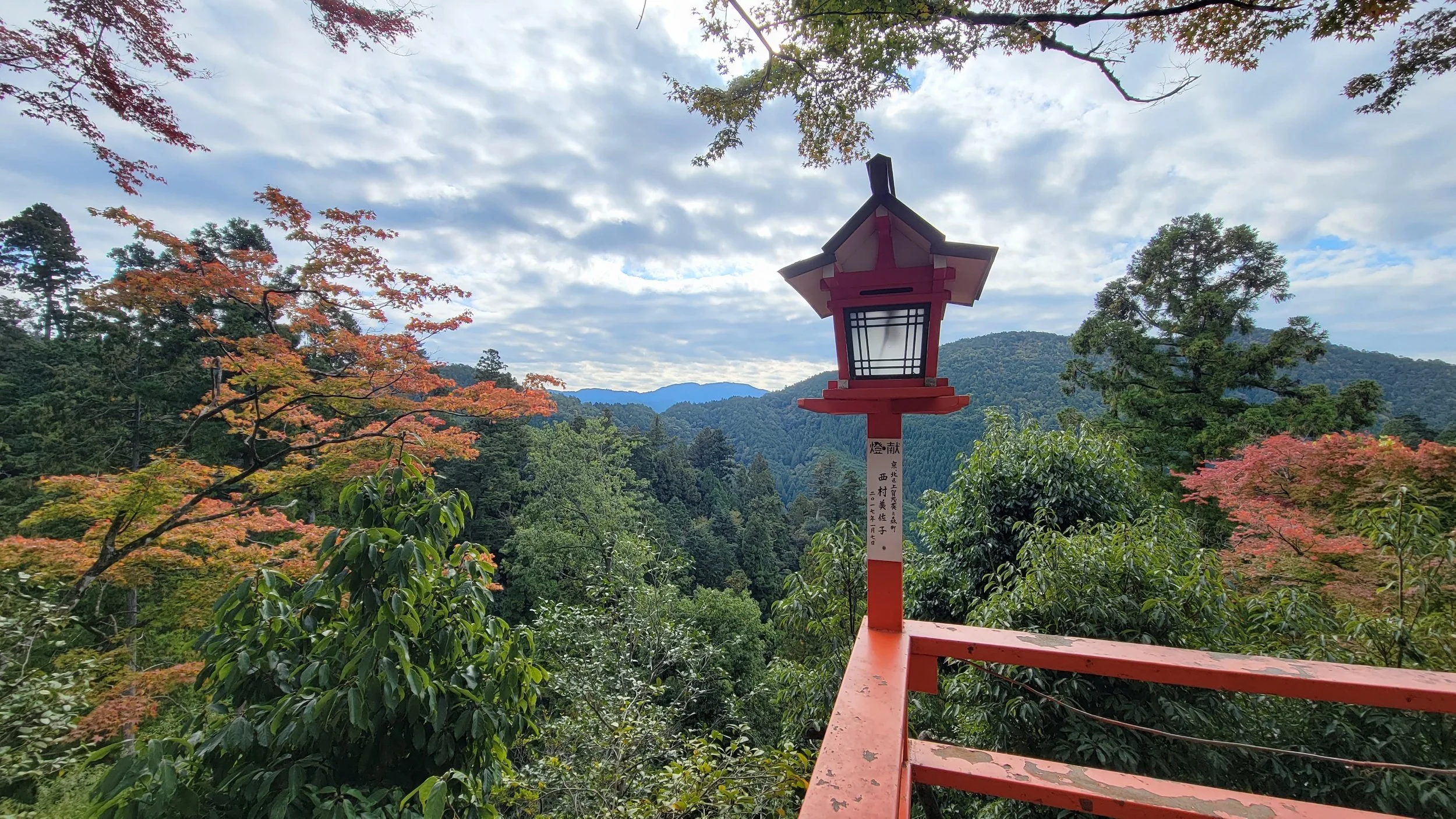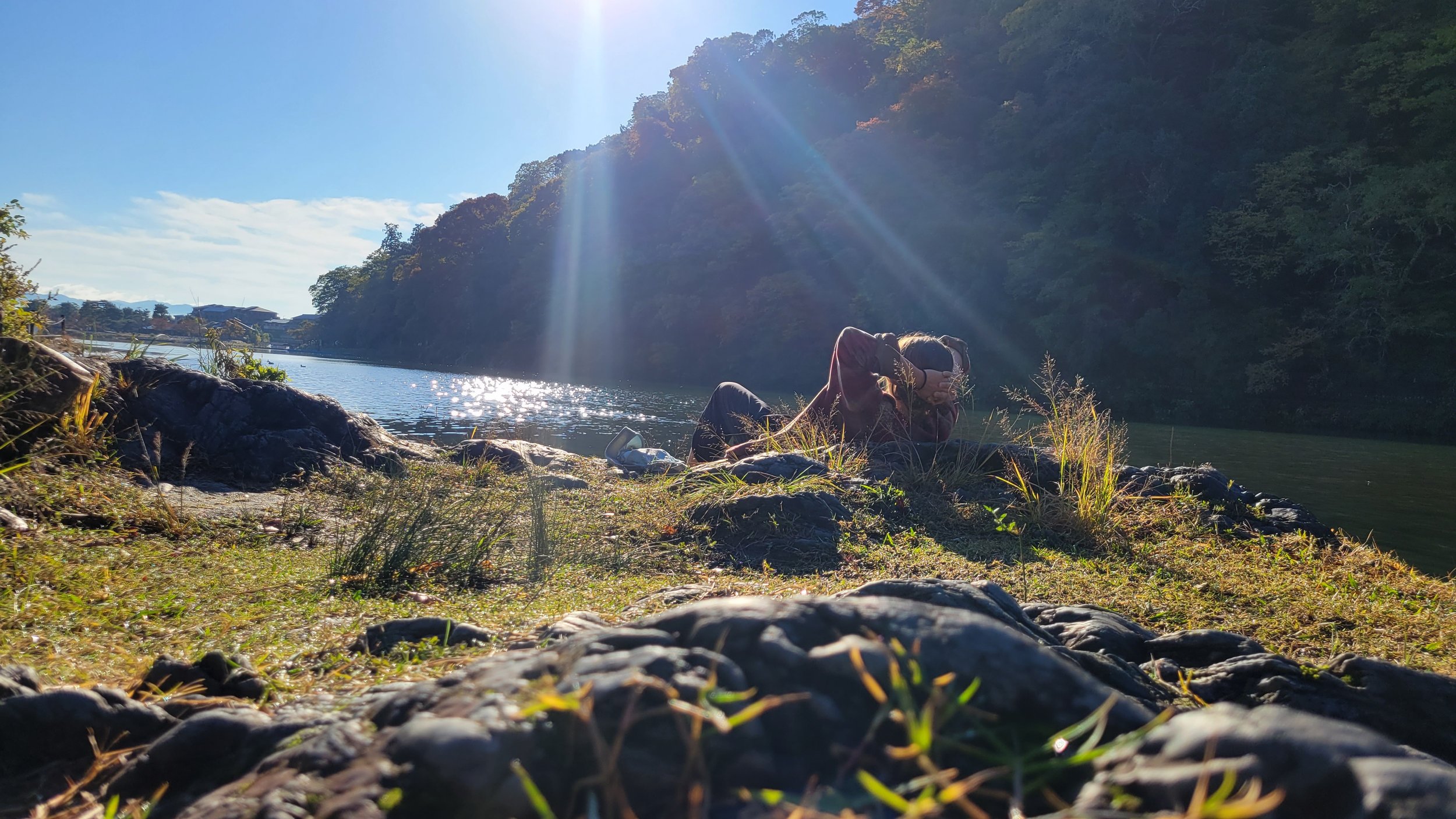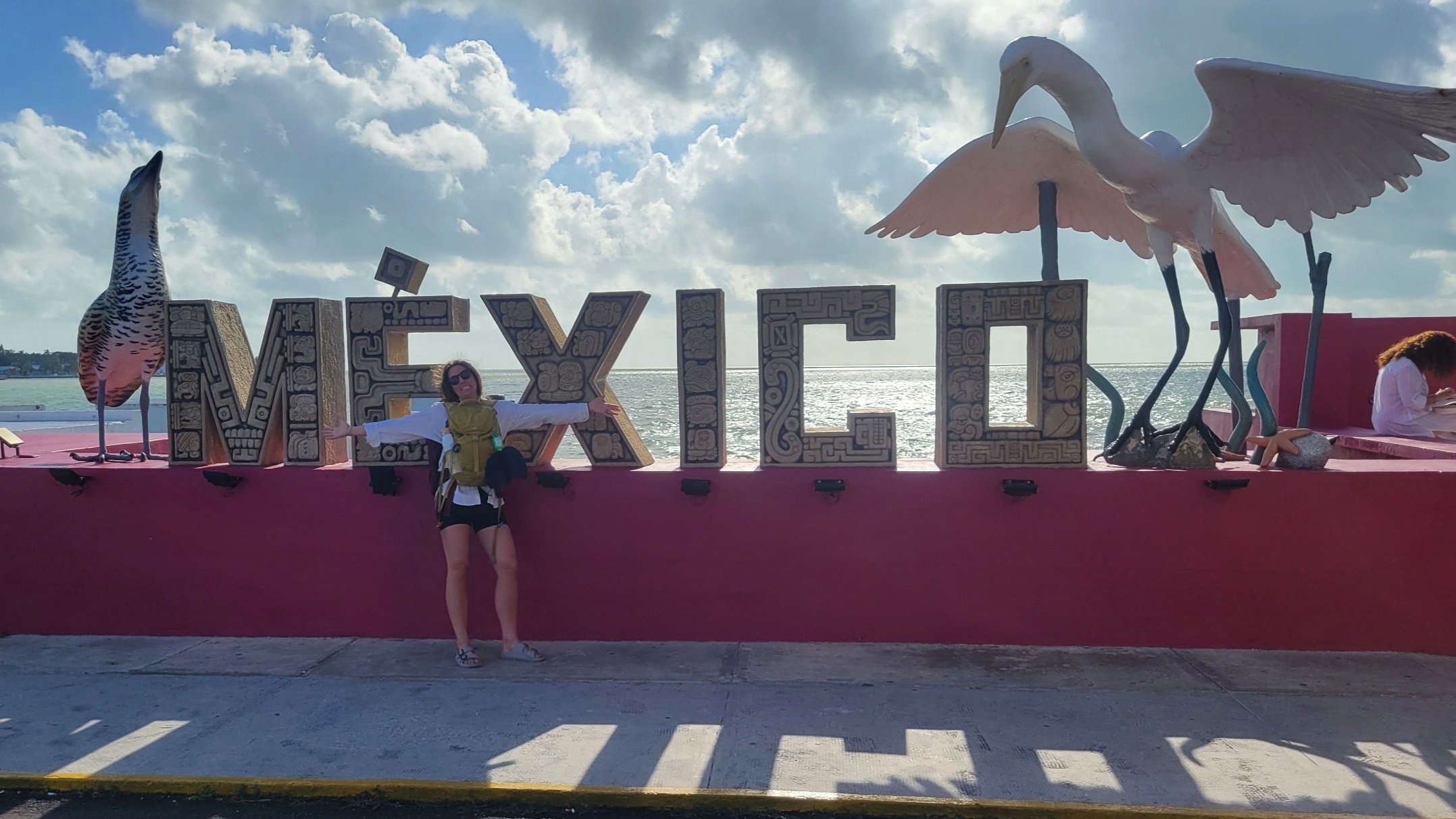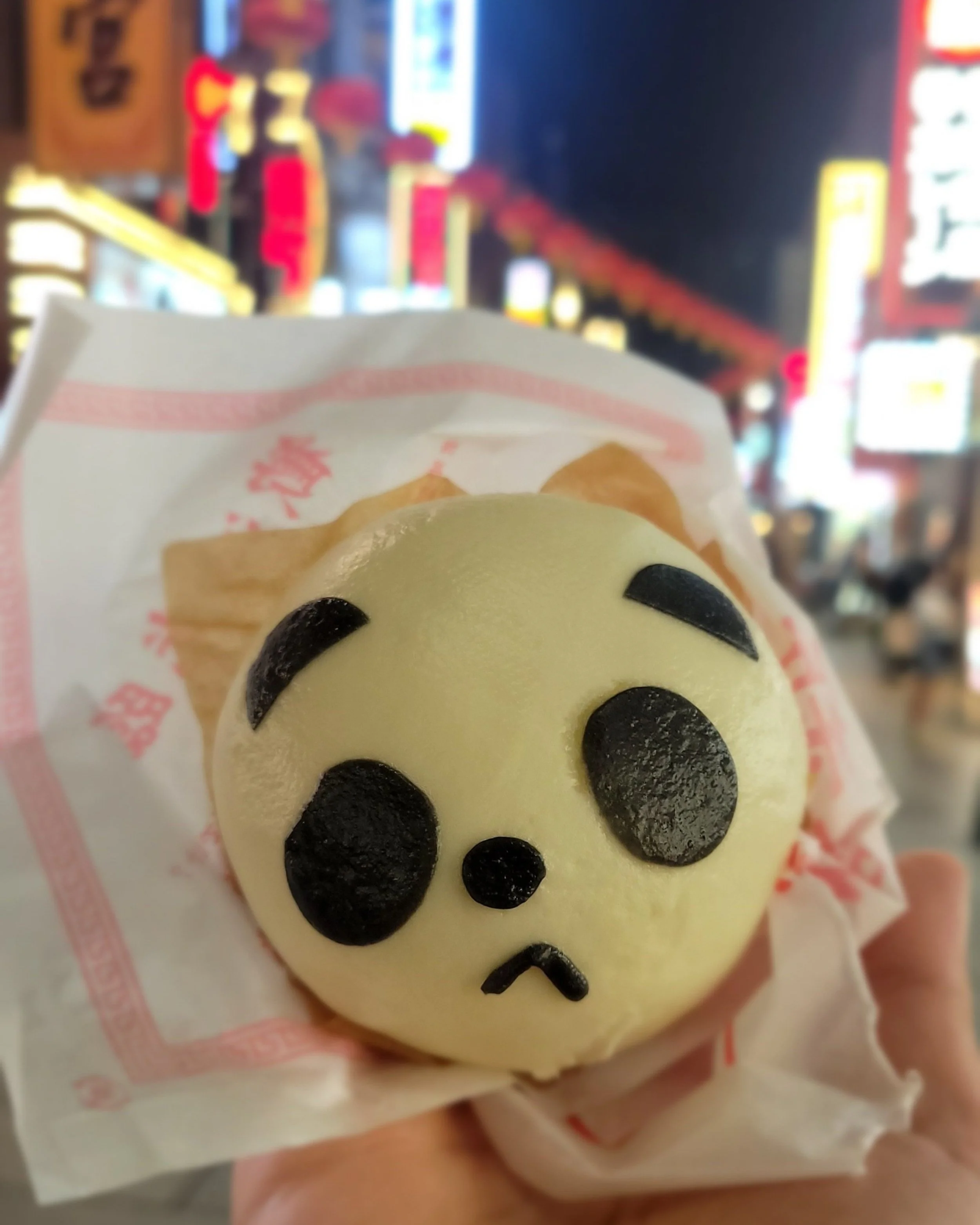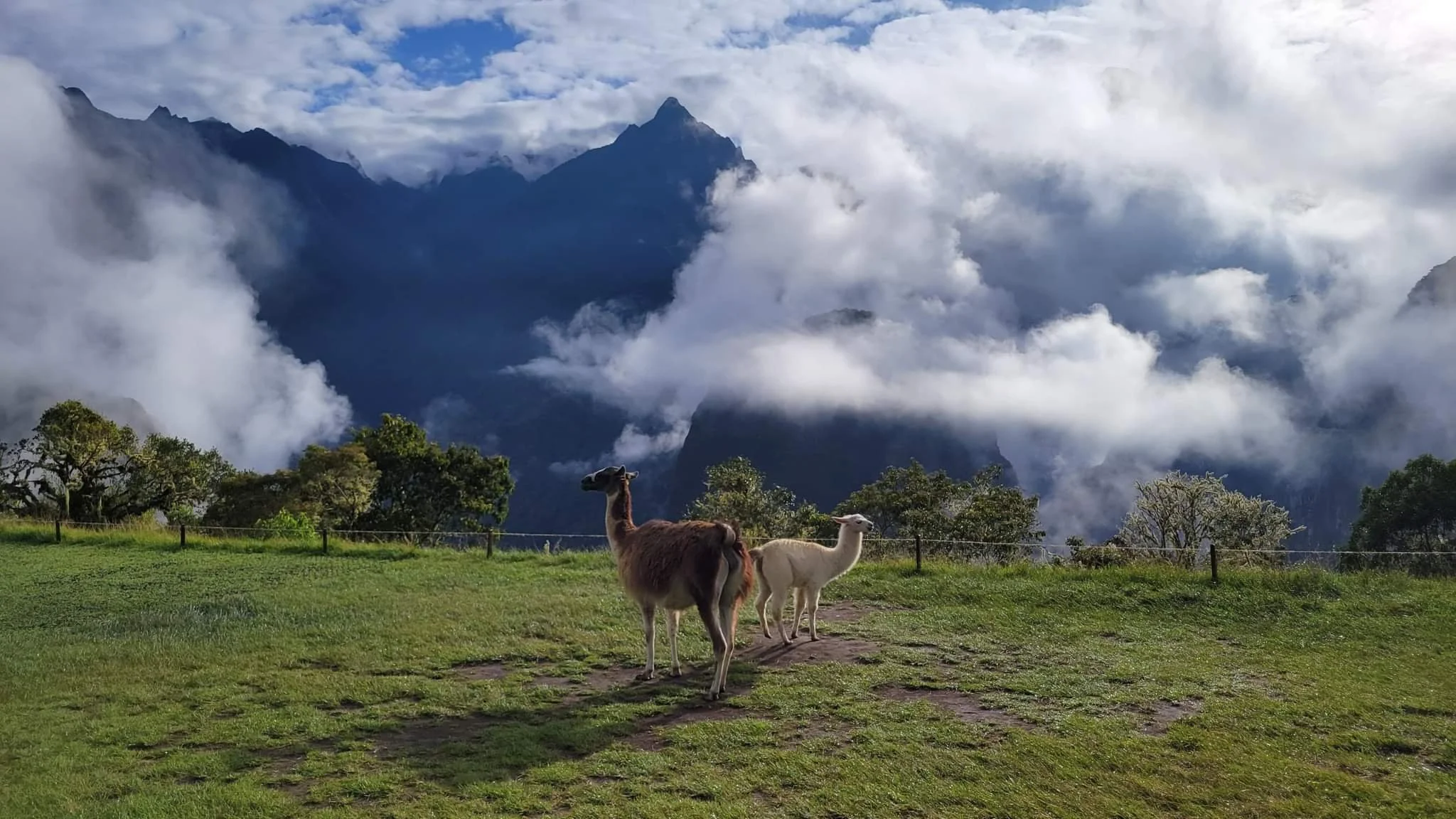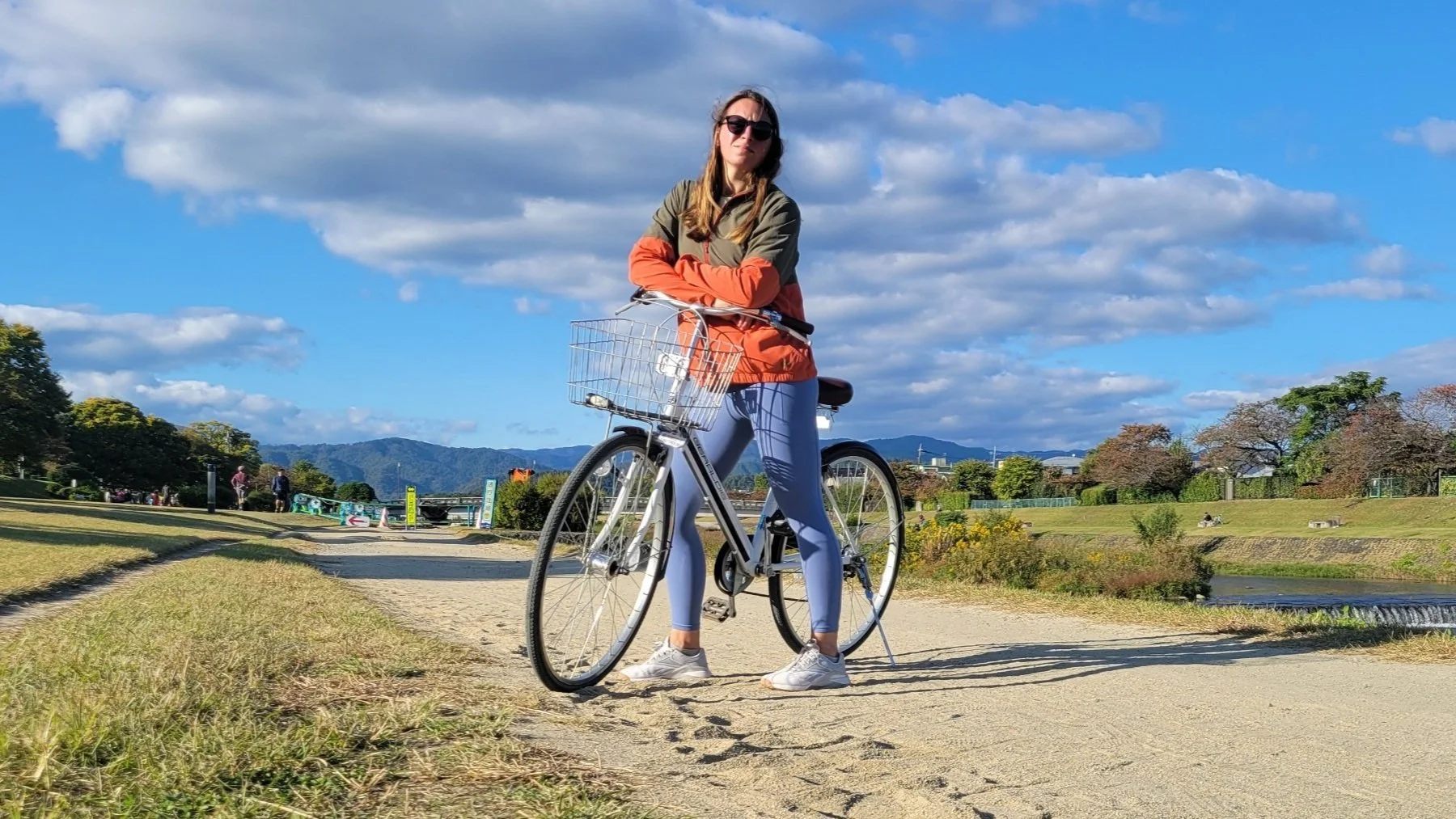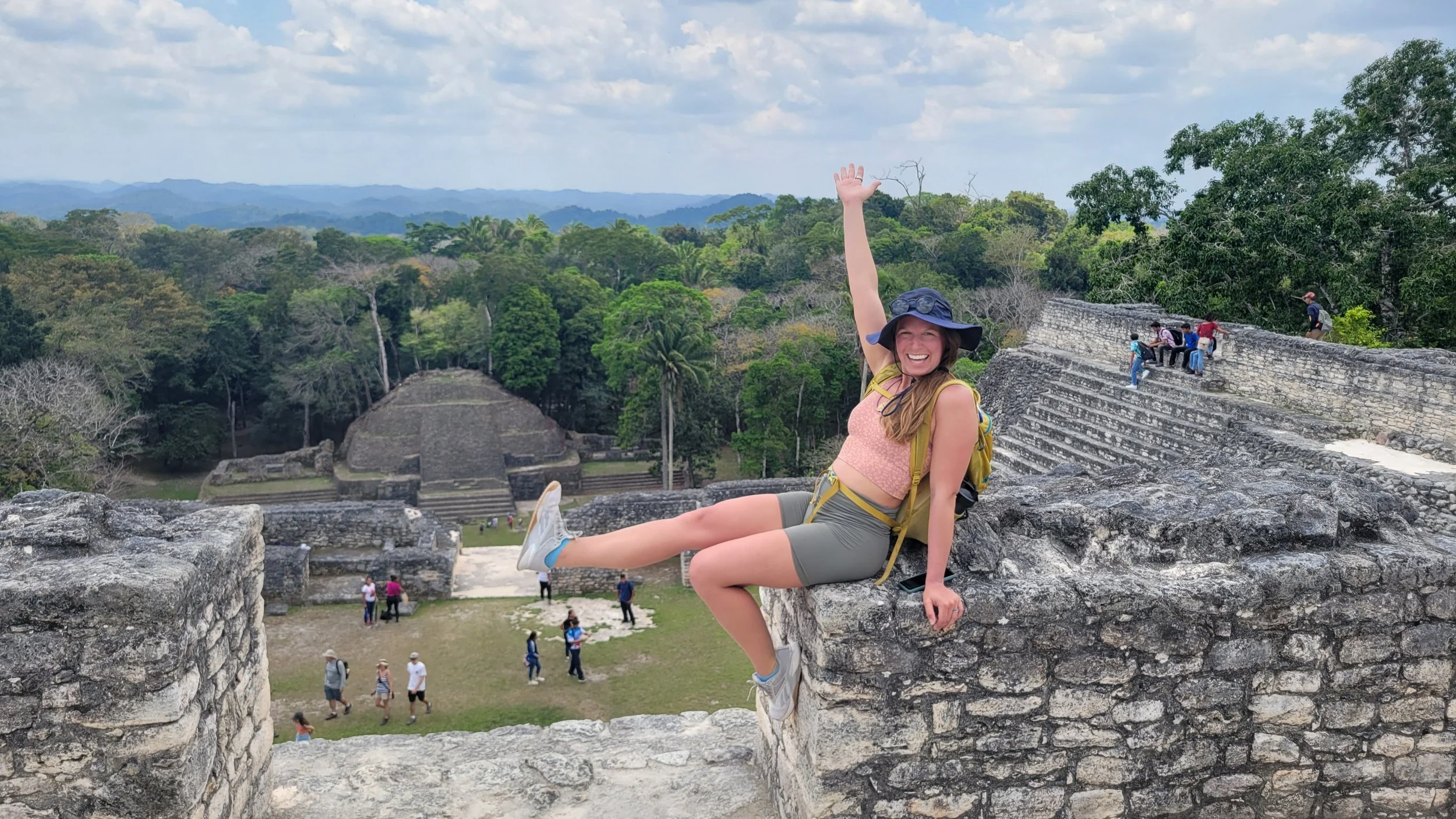Japan 101
GENERAL:
Japan is a unique place. I really enjoyed my couple weeks there and definitely have many spots left to explore, but it wasn’t somewhere I fell in LOVEEE with. The culture just isn’t fully my vibe. It almost felt like a future world with prescriptive movement and predetermined destiny by day. I’ve never felt more compelled to dance in the streets or just do something WILD to give a permission slip to freedom - but hey, that’s what the karaoke bars are for, eh :P I always felt 100% safe where I went as a solo female traveler, but also never really felt like I fit in. Which is cool, I’m not a conformist, but I do like to blend a bit to respect the culture I’m joining into.
Disclaimer: I also feel a needed disclaimer that I am 30, not really into the bar scene or late nights these days, and was solo traveling. More of a granny traveler out to find the best ramen, peaceful river trails, game the train system, and hidden gems!
Anyways, check it out; give a go and see if your experience aligns! If you’re looking for more on my Japan itinerary, see this post here!
COST:
I was prepared for Japan to be pretty equivalent to the States, but I still found it cheaper in most cases (the USD was also strong at the time). The average salary is actually pretty much in line with the States! Things are also pretty wide ranging - you can spend a LOT on hotels or you can find nice places more reasonable. Just depends how comfortably you want to travel and how much you are looking to spend! I would say I’m more of a median case - over the shared hostel rooms, but also not going to go 4-star hotel up in here either! Food seemed cheaper than going out in the states, but the experience of going out in Japan is also different (not as service-oriented, minimal interaction with wait staff).
Cash is still queen in many places in Japan. They also have these pre-loaded cash cards that are accepted in many places (trains, buses, 7-Elevens, etc.) that come in handy. You can pick one up and load it with some cash at a ticket booth in a rail station!
Average Daily Costs
LANGUAGE:
I didn’t really have an issue getting around in Japan. I don’t know if I’d go as far as to say English is common, but it does seem there is some English understanding. But also, things are well-marked in English and you have a computer in your pocket, soooo communicating is not that essential either. I actually have heard from multiple people that English signage just went up in the train stations right before the Olympics were in Tokyo in 2020! Which is crazy to think, and I really appreciated the fact that they existed.
Socializing is not really needed to get around in Japan; many interactions are interfacing with machines. Even at restaurants, many restaurants (even good ones) have essentially a machine you place your order at and then you hand your ticket to the worker/cook. The machine typically has photos of the food and you pick one of the pictures after you insert money. It’s pretty slick! Some restaurants also have English menus available if you ask and are more traditional with waiter service. I really only learned a handful of words in my 2 weeks. I would also say the culture in general is not a social culture, so the systems are set up to support that as well.
TRANSPORTATION:
Really, I would only take public transportation in Japan. It’s everywhere and quite sophisticated in MOST areas. Overwhelming to take in, yes, but also very convenient and if you have a little patience, it’s the cheapest and most logical way to get around. I highly recommend the JR rail pass! It doesn’t work around Kyoto much, but is HUGEEE for the bullet trains and getting all around Tokyo. If you take more than like 2 or 3 bullet trains, the card pays for itself (it’s also only for tourists and you must get it before you get to Japan). I also highly recommend one of the IC cards which is just a preloaded debit card basically. So you don’t have to buy individual tickets and can simply swipe your card, if you end up on a line that isn’t “JR” inclusive.
Rules of the rails:
Typically eating is frowned upon, except long rides
Most people don’t speak, and be courteous and let the old and preggo sit down.
Most trains repeat all announcements in English as well which is helpful confirmation!
I also love that you don’t need to book trains much in advance! If I wanted to take the bullet train, I would go to the station maybe an hour or two before I wanted to leave and reserve a ticket at the kiosk. There were always plenty of seats- you probs could just go to the station before the train you want to take. NOTE that I was traveling in Japan about a month after the country re-opened post-COVID for tourism. The number of tourists was definitely very much reduced due to this.
Bullet trains also have free wifi!
ACCOMMODATIONS:
Rooms are pretty compact in Tokyo area and more expensive for sure than surrounding areas, but manageable. It’s hard to even give a range of cost as you could spend as low as $100 in the city and up to as much as you want. Outside of Tokyo, I found good guest rooms for $60ish/night (aside from Saturdays). I did really appreciate the little toiletry kits that all hotels came with - toothbrush & paste, collapsible hair brush, shampoo/condition, and just the basic goods. Most even came with a set of pajamas, often crunchy, as well which I really only wore when my clothes needed a washing or was heading to the onsite onsen (hot spring).
If you like to stay at hostels, be warned that most I have found are “capsule” style and seem a bit suffocating. I did stay at one hostel in Shinjuku that I really liked called UNPlan. It has some nice shared spaces, a rooftop, and even private rooms vs just renting a bed which appeared to be the typical hostel set-up. Also beware that Saturday nights have crazy price increases from the rest of the days in the week - like 3x!
FOOD & DRINK:
Great tasting food, however I found it challenging to find open restaurants when I was hungry. Like at 6pm in the evening in a smaller tourist town or at 3pm when I was looking for something to hold me over for dinner. And google is also not correct, so the best way is to go to the place and check their hours posted on their storefront which is a pain (of find Japan’s version of google….)! Google is God in America- talk about a trust issue in Japan! I had quite a few disappointing afternoons or nights when I figured out exactly where I wanted to eat and timed it out and showed up and they were either closing or closed. SO that’s my biggest complaint in this department. Some of this may have been COVID closure related? Really not sure. Also breakfast is tough. If you are used to eating before 11am, I highly suggest ensuring your hotel has breakfast or be prepared to eat a lot of 7-Eleven breakfasts (24 hrs baby!) Even coffee shops don’t open until 10 or 11am outside of Tokyo which was insane when I was waking up at 3-4AM. Thankfully hotel rooms typically came with instant coffee or at minimum some tea bags for the wake-up!
But aside from that, the actual taste and quality of the food was amazing. Huge fan of ramen (aside from the miso varieties), gyozas, fresh sushi (more sashimi and raw fish varieties) and wagyu beef. There are also specialties in the different areas of Japan - in Kyoto, there is this cabbage pancake that is pretty famous and tasty. Or in Yokohama’s Chinatown, steam buns are very pop! Soft serve ice cream shops are also everywhere if you need a quick dessert. My coworkers took us out for a wide variety of traditional dishes as well - the shell fish, chicken wings, fish heads, raw fish bites, and lots of sake tastings. My recommendation is to just try things if it looks interesting :D And when in doubt, get some gyozas for a snack!
Sake: I did not have many positive expectations for sake nor was I that eager to drink it…until I did and then I wanted more! It’s rice wine, so it has a lot of similar attributes that wine does - you can order it chilled, room temp, or HOT! And the best part about drinking sake is you typically drink it out of these little baby cups that hold about an equal amount of liquor as a shot glass. It feels like you’re having a tea party at a kids table - LOVE!
Matcha: green tea and matcha are very popular in Japan - like more than coffee I’d say. I mixed matcha at this tea ceremony I went to and it was super bitter; definitely not very good to me. Green tea desserts are also really popular in Japan and as long as they didn’t have gelatin consistency, I enjoyed!
CULTURE:
Overall, Japanese people are very respectful, proper, and private. There seems to be immense pressure to always look your best, be on your best behavior, and strive for perfection, at least by day. Maybe I'm reading it wrong, but after working with Japan in multiple corporate jobs, I see those traits and pressures translate into work as well. How exhausting! Part of me wanted to start dancing at the train station just to get people to unbutton their suit coat and let loose a bit. I wonder if they just get home and spend entire nights naked just to balance the stiffness of their typical day. I'll have to ask my coworkers 😋
What is surprising is it seems there are many places to let loose by night - karaoke bars, neon glowing casinos, arcades, etc. I didn’t explore much of this scene, but I trust they have their outlets too. And Japanese people generally can handle their alcohol very well! Reading through the lines - it must be the training :P
On the plus, crime is very low in Japan; people seem extremely compliant. Great country for med device manufacturing! Ex. At street Crossings, no one will move until the walk light is green. It could be 6am and literally no cars in site and people sit at the cross walk patiently waiting. And then Jen corrupts them by sprinting past - WHOOPS. Talk about well-trained!
ENTERTAINMENT:
Entertainment for tourists, but more religious and/or political rooted for Japanese people! Temples and shrines are everywhere and big attractions for tourists. Many are very impressive and seem to have really big meaning for local people and probably Buddhist-practicing folk in general. They are very serene and peaceful and have a lot of beauty in them. Many temples are more “nature-centers” as well which I really appreciated. It resonated with me more than visiting a church. Many temples, even in the middle of cities, were attached to a park or extended far and wide with various shrines and holy sites along the pathways, so they aren’t just quick 5 minute stops to take a picture and move on. Those kinda temples are my favorite because they feel like a nature-walk as well - where I find MY zen :)
Some temples have a fee associated with entering, others are just free to walk through. It usually isn’t more than a few bucks though! Just something to note if you plan to go around to many in a day (like Kyoto!! Rent a bike and check out the top 5!). Kyoto had some of my favorite places to visit and is an extremely bike-able city!
DRESS CODE:
Although I typically am a very casual dresser (like leggings 96% of the time), the level of casual I am used to is almost non-existent in Japan. It’s amazing to me! Even on like 3 mile temple hikes, people are in turtle neck sweaters and a floor length skirt?! Like whaaaaaa. I don’t reason with it nor do I want any part of it. Ya’ll can keep your nylons, crunchy work slacks, and perfectly straight hair! However, I would recommend packing some non-legging outfits though for nicer dinners and less active outings. Oh, especially if you are traveling for work. Don’t forget your work pants (note to self) :P But if you do, don’t worry, even train stations sell slacks #savinggrace
Peace, love, and arigato for a good time Japan,
yo’ girl Jen

